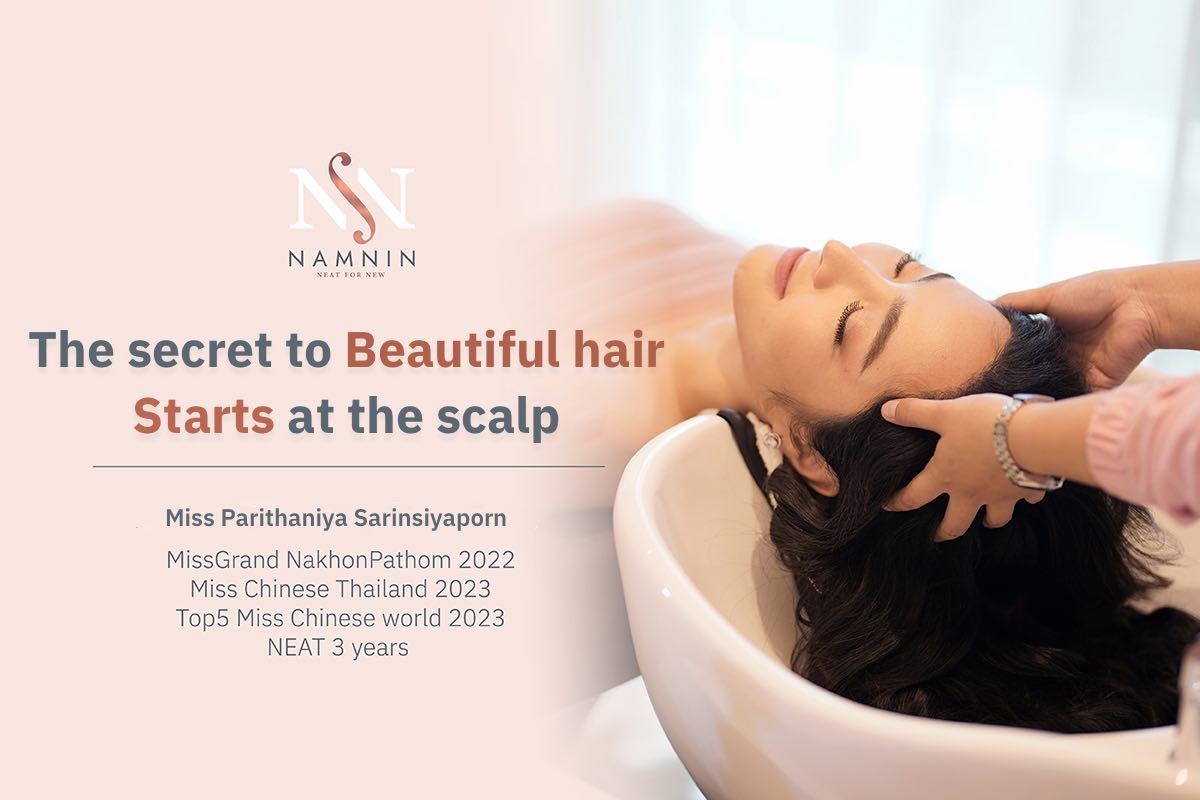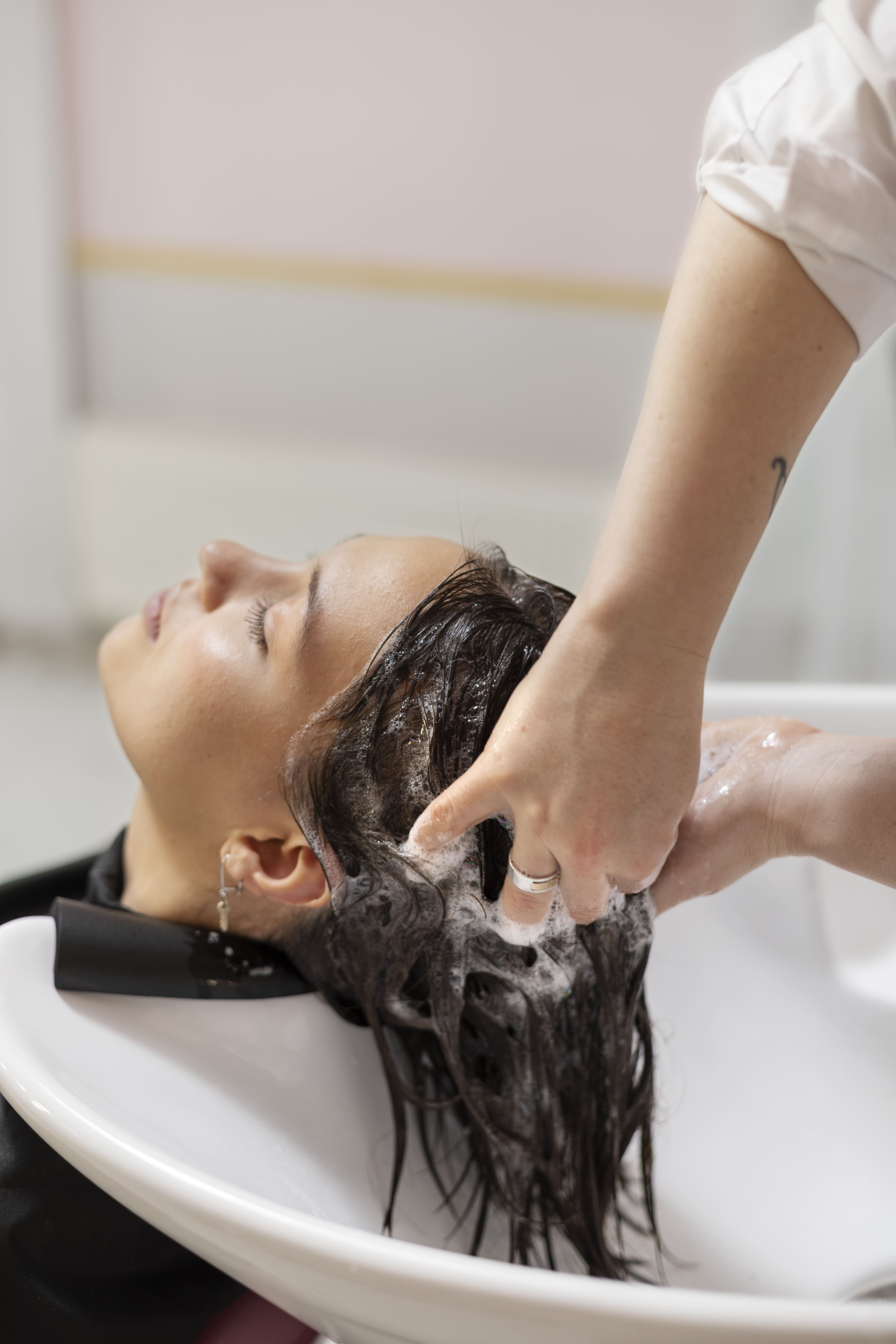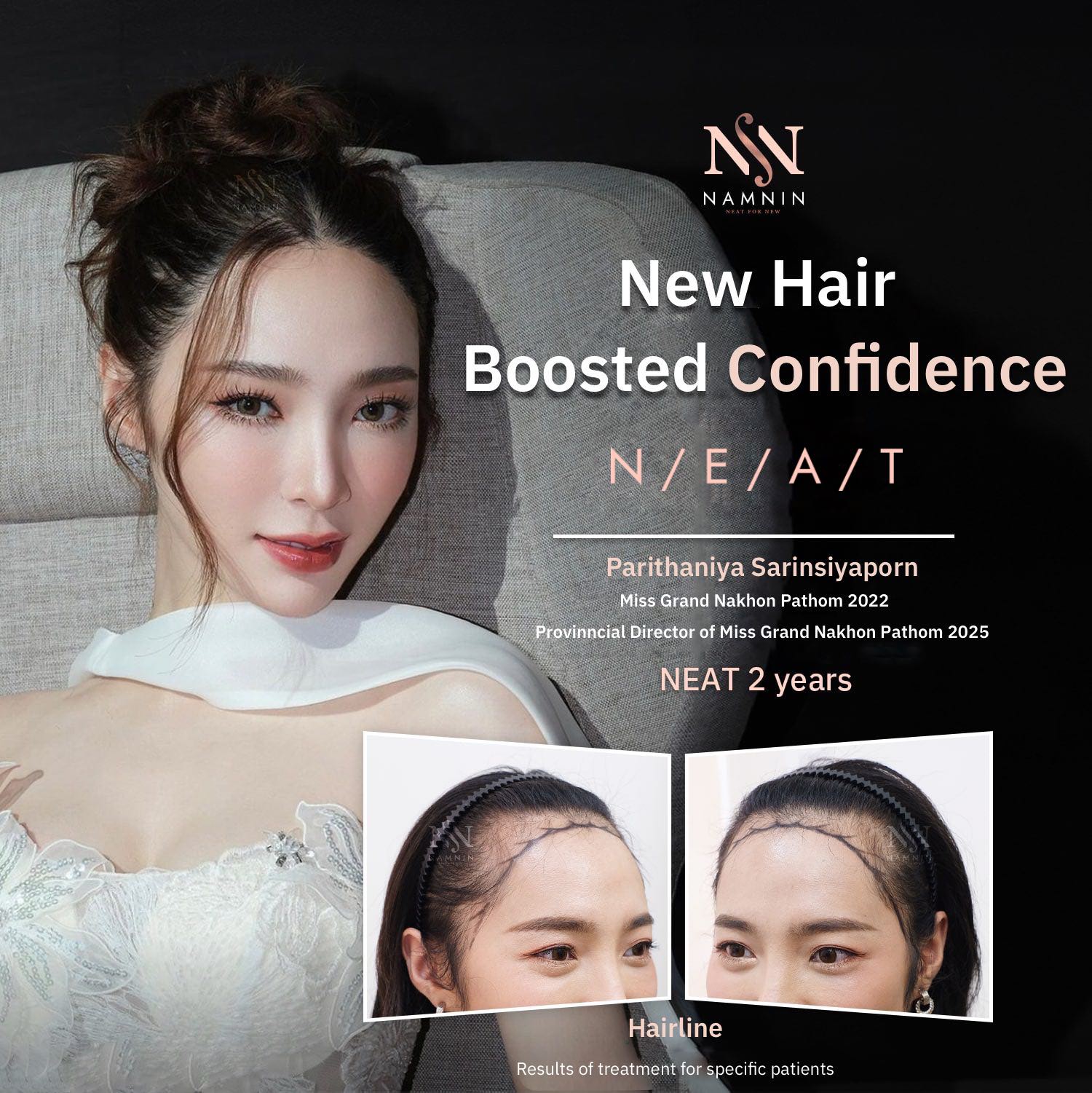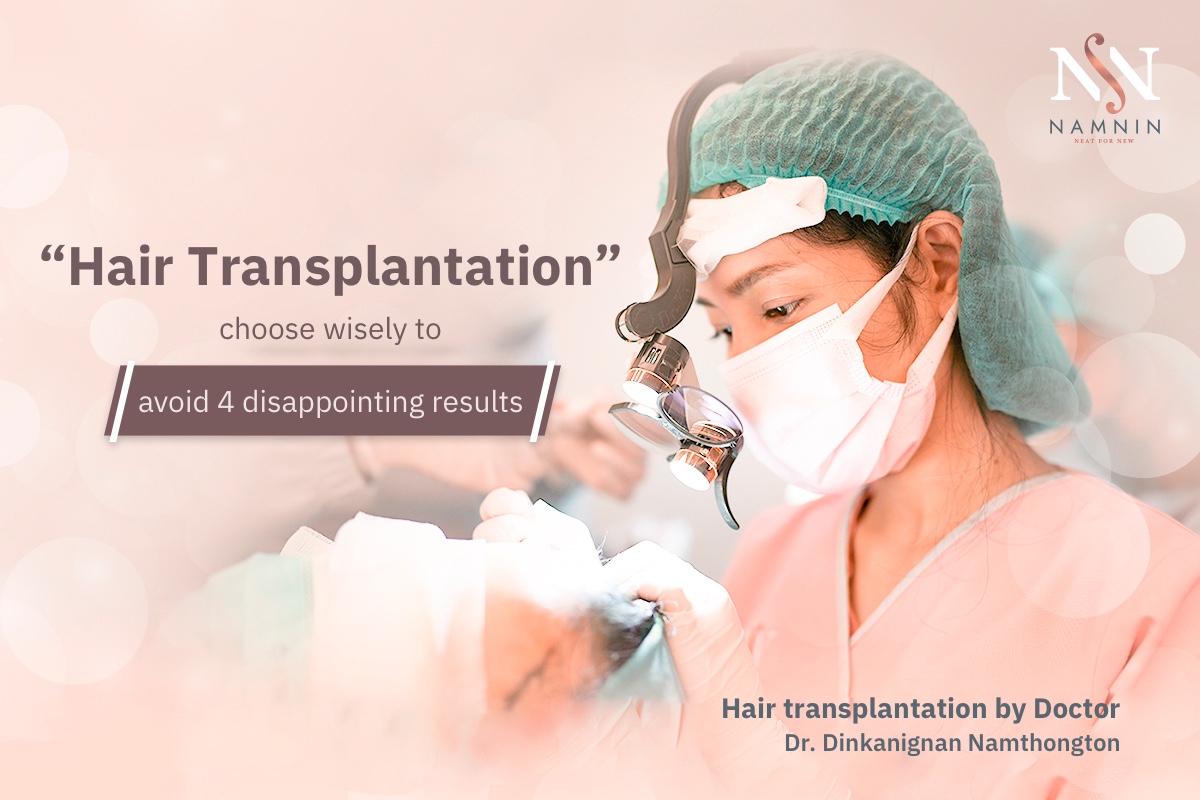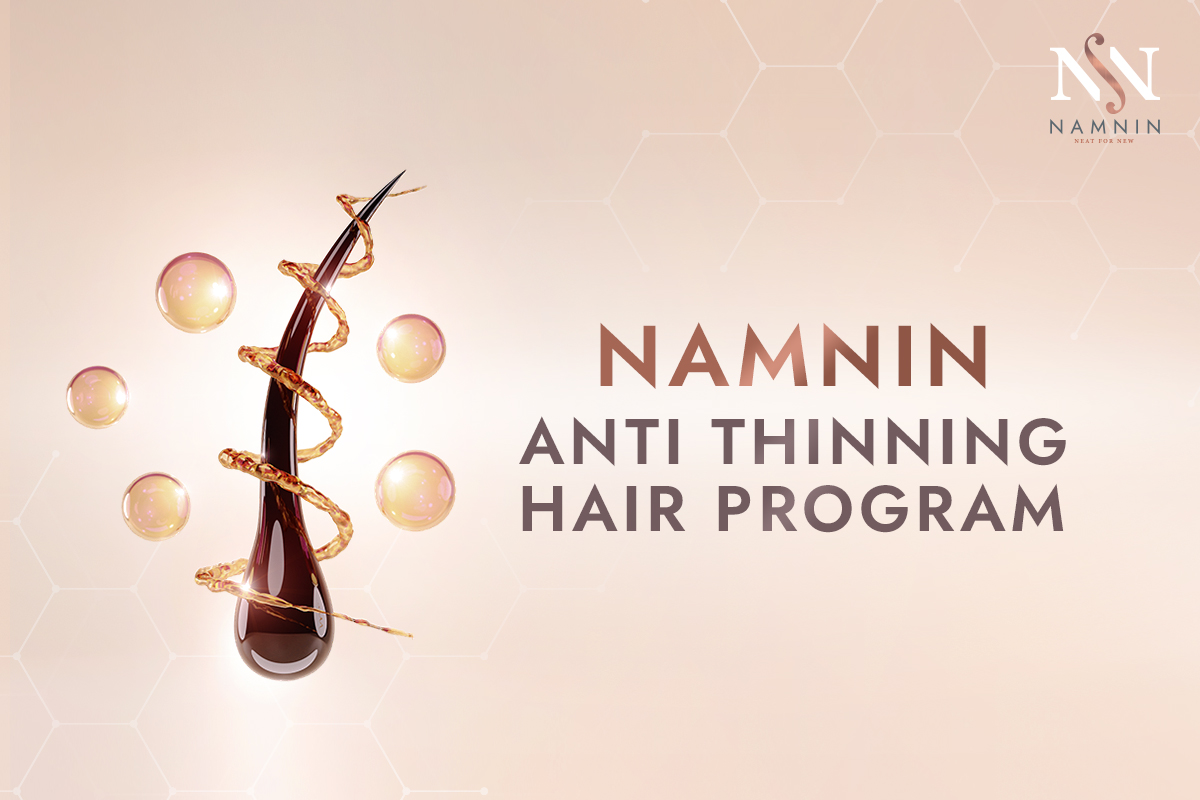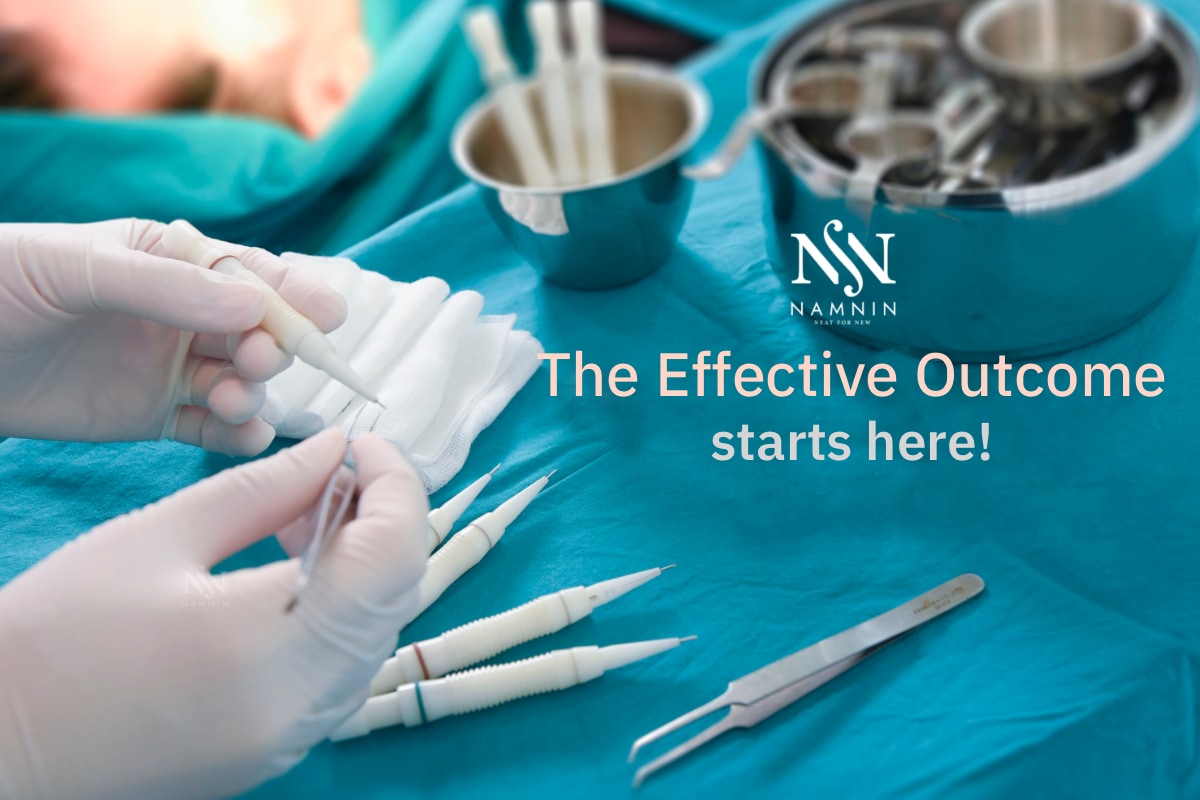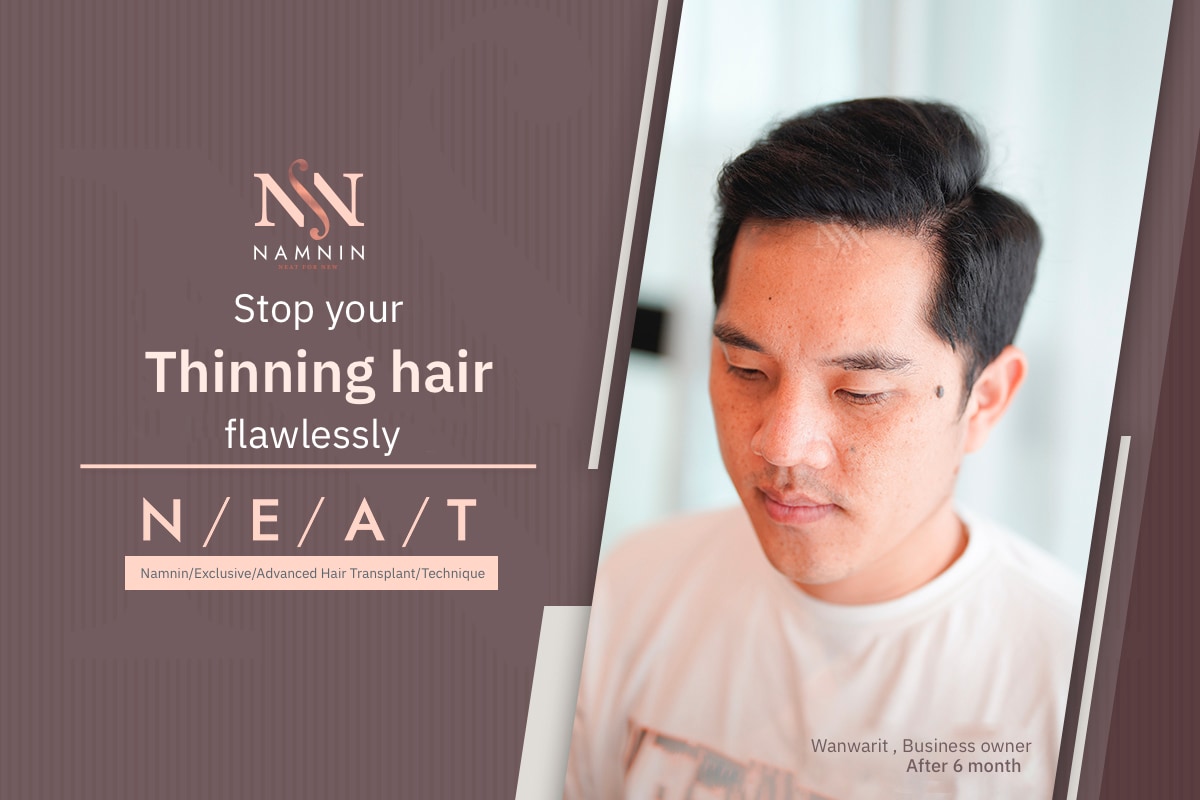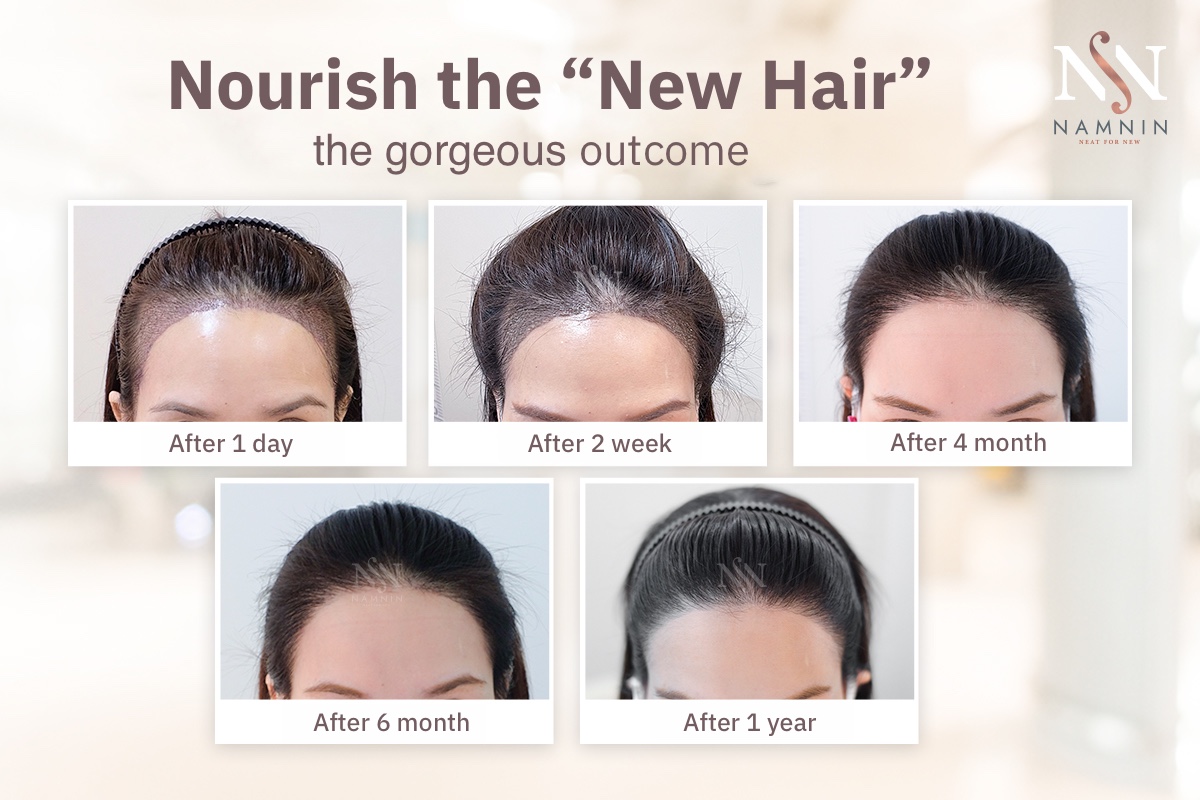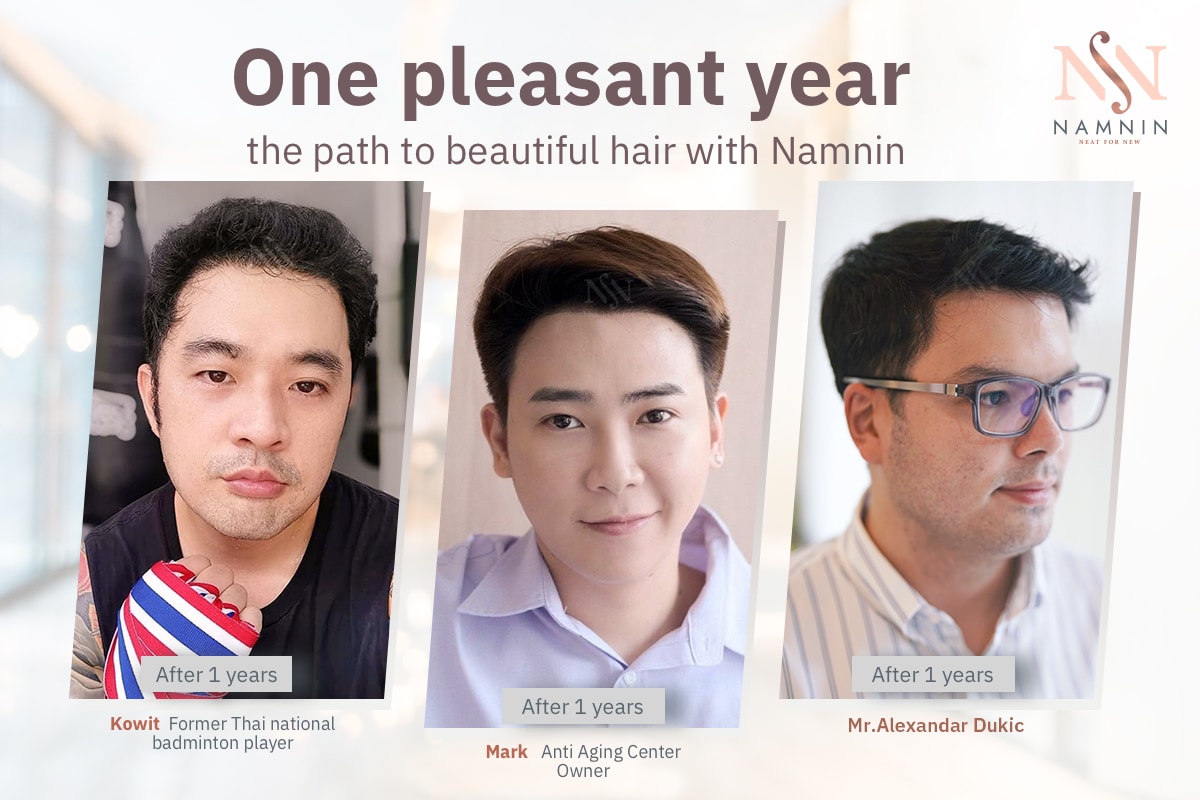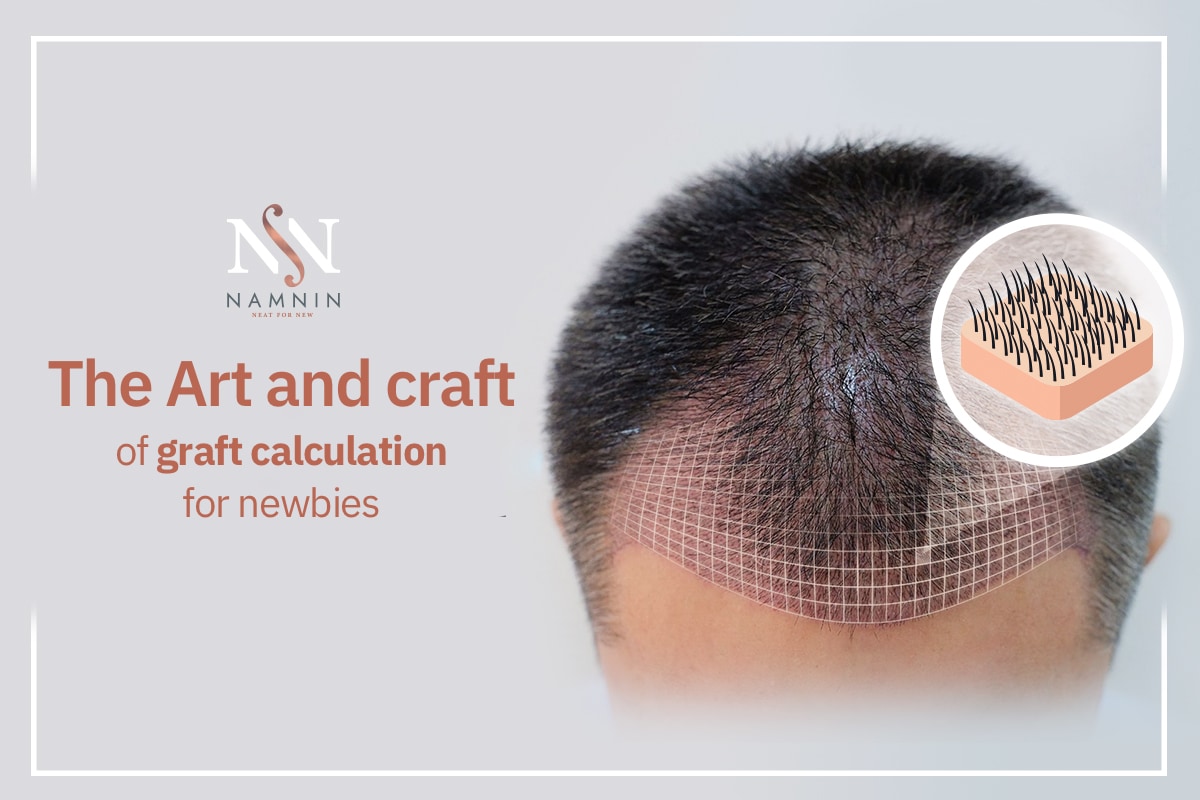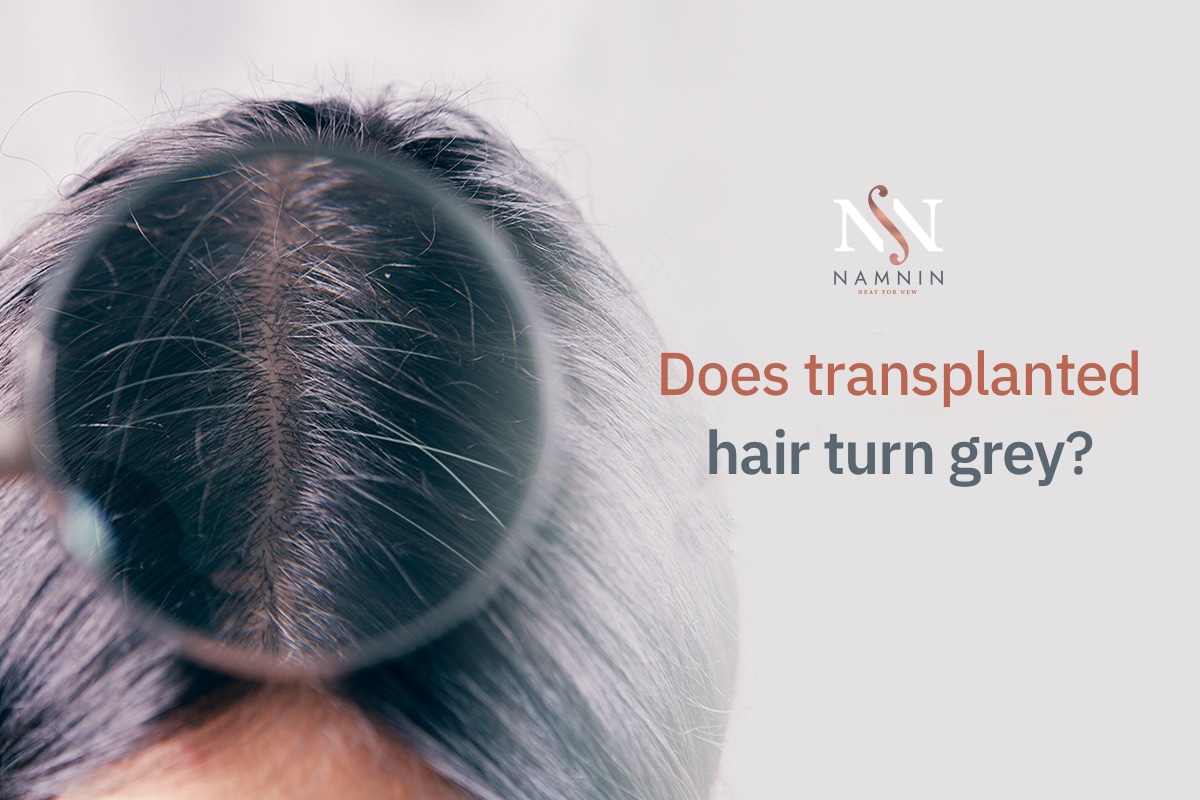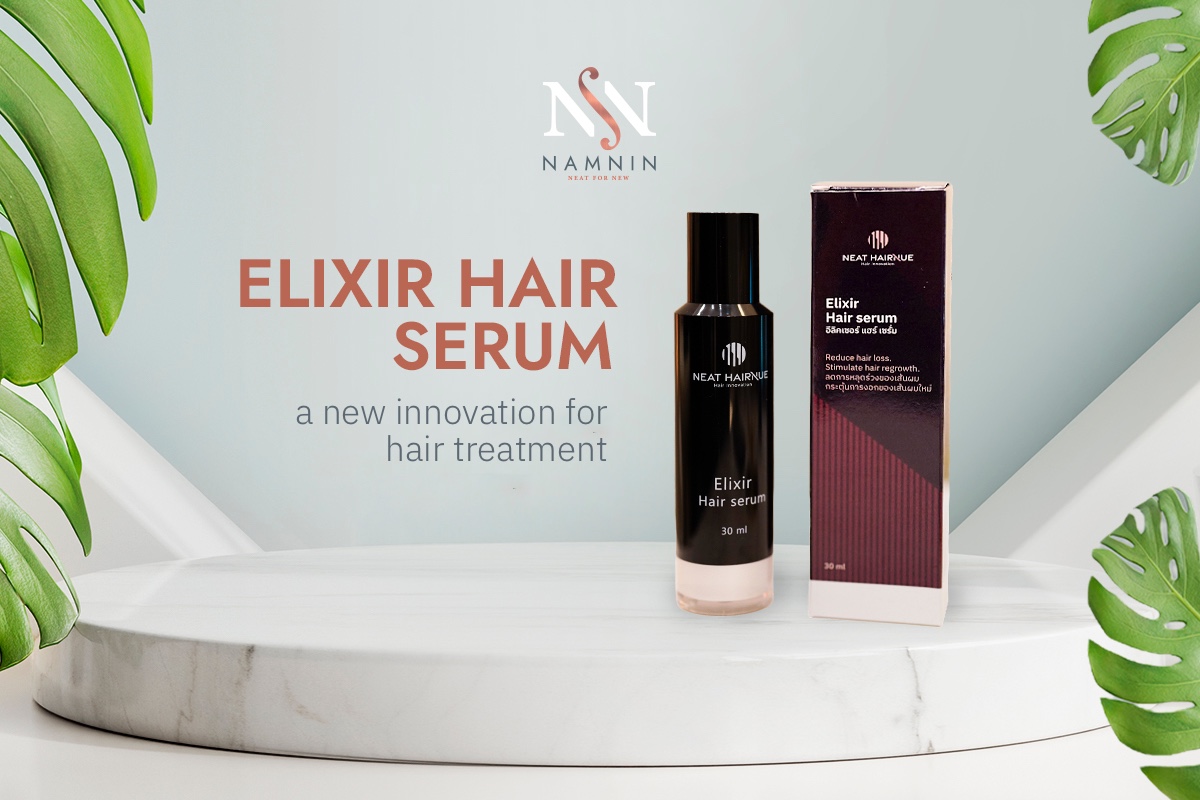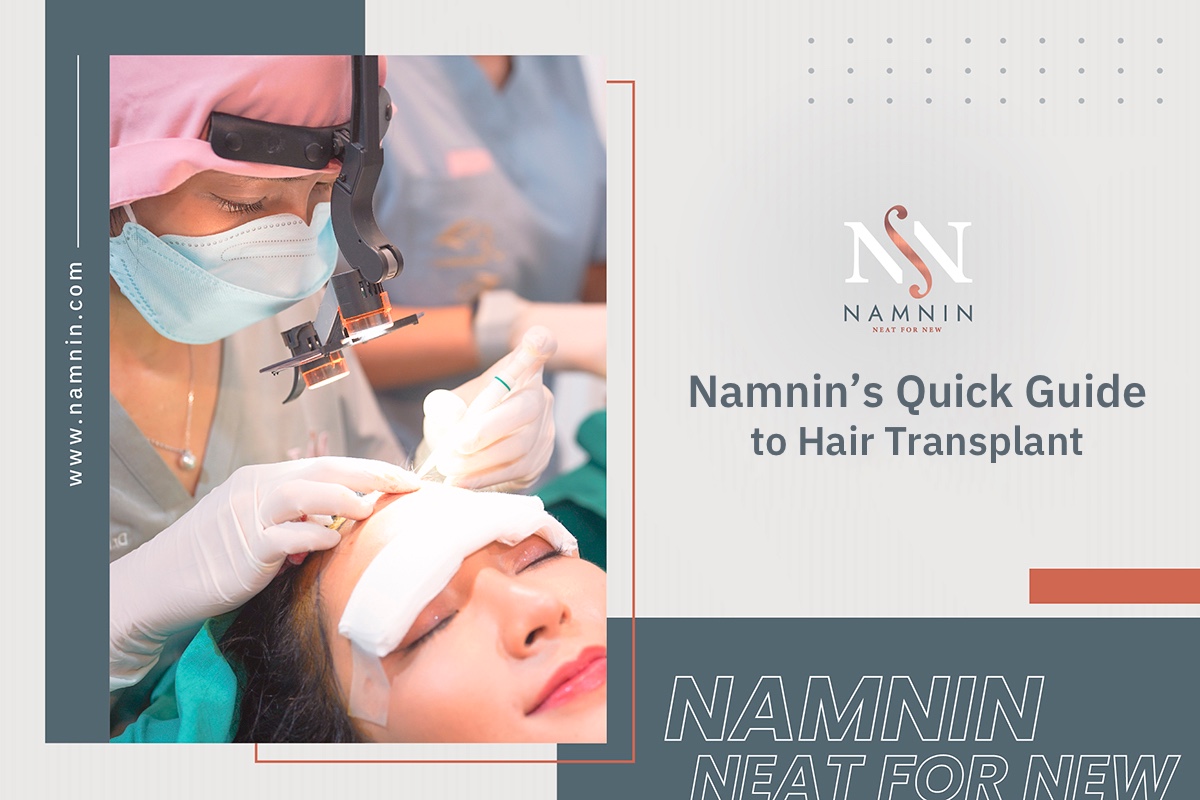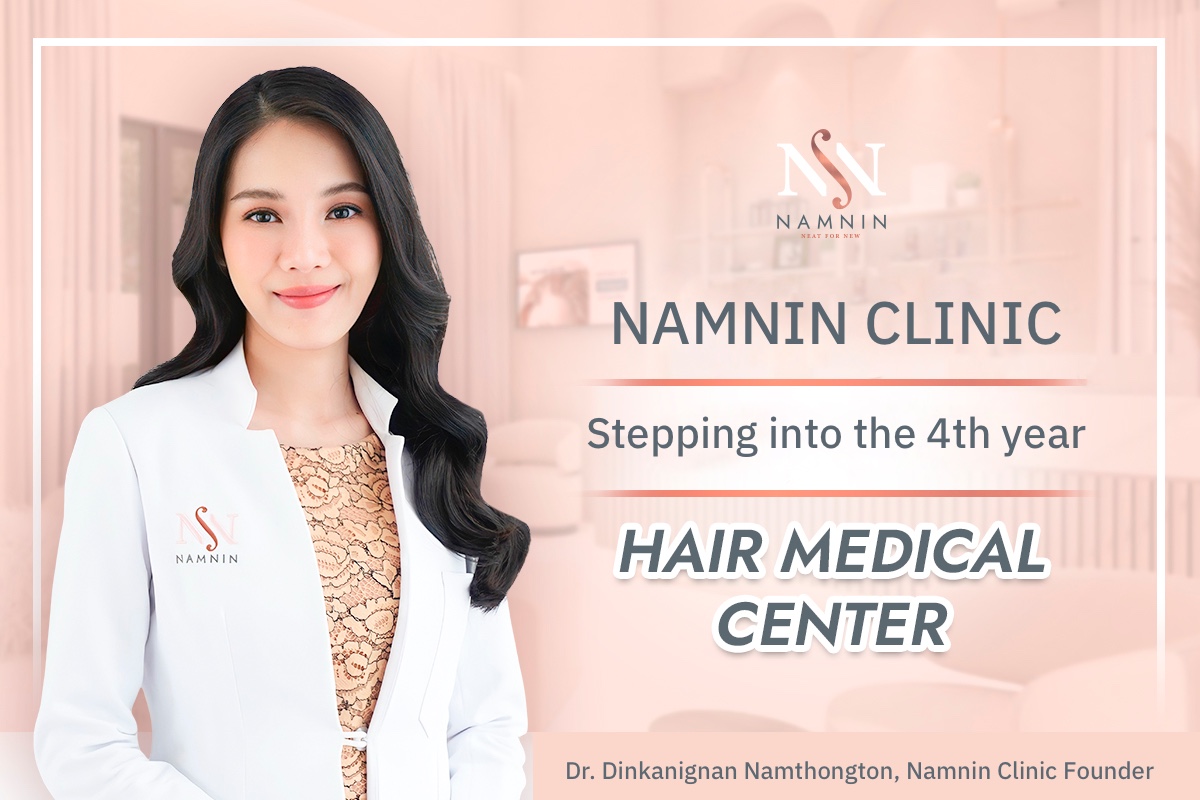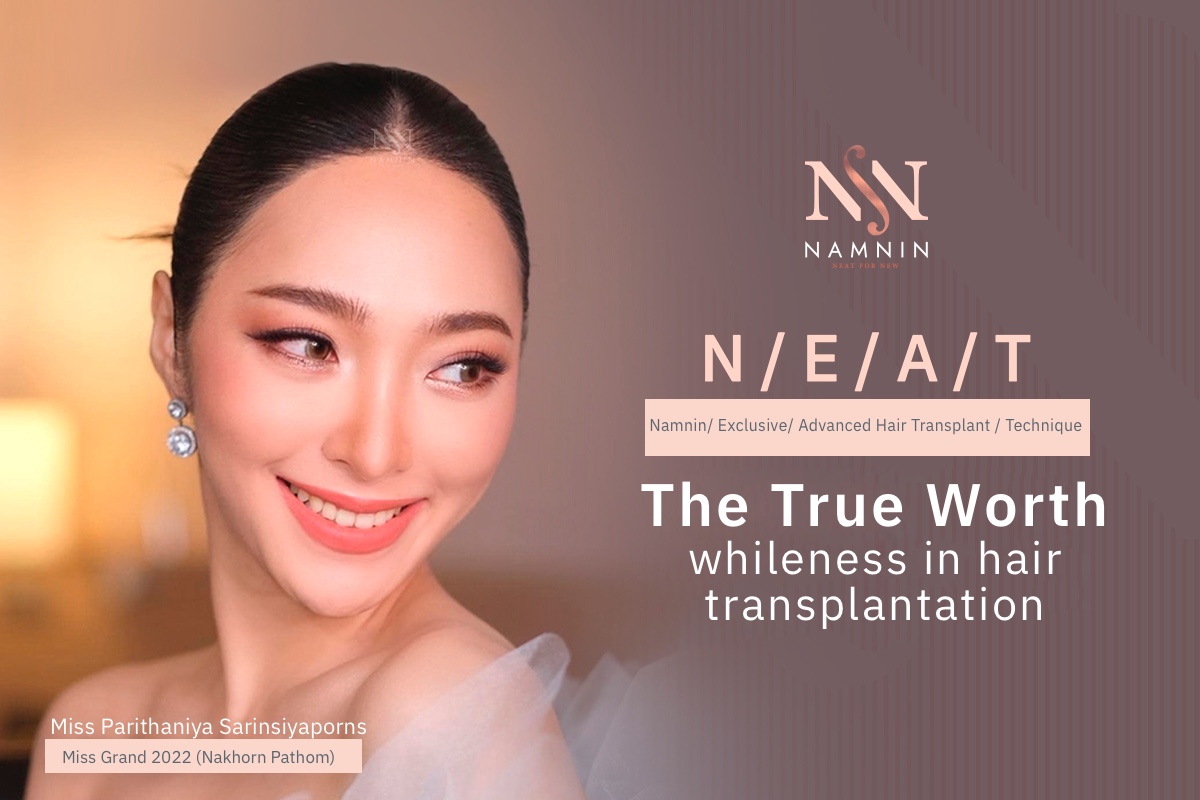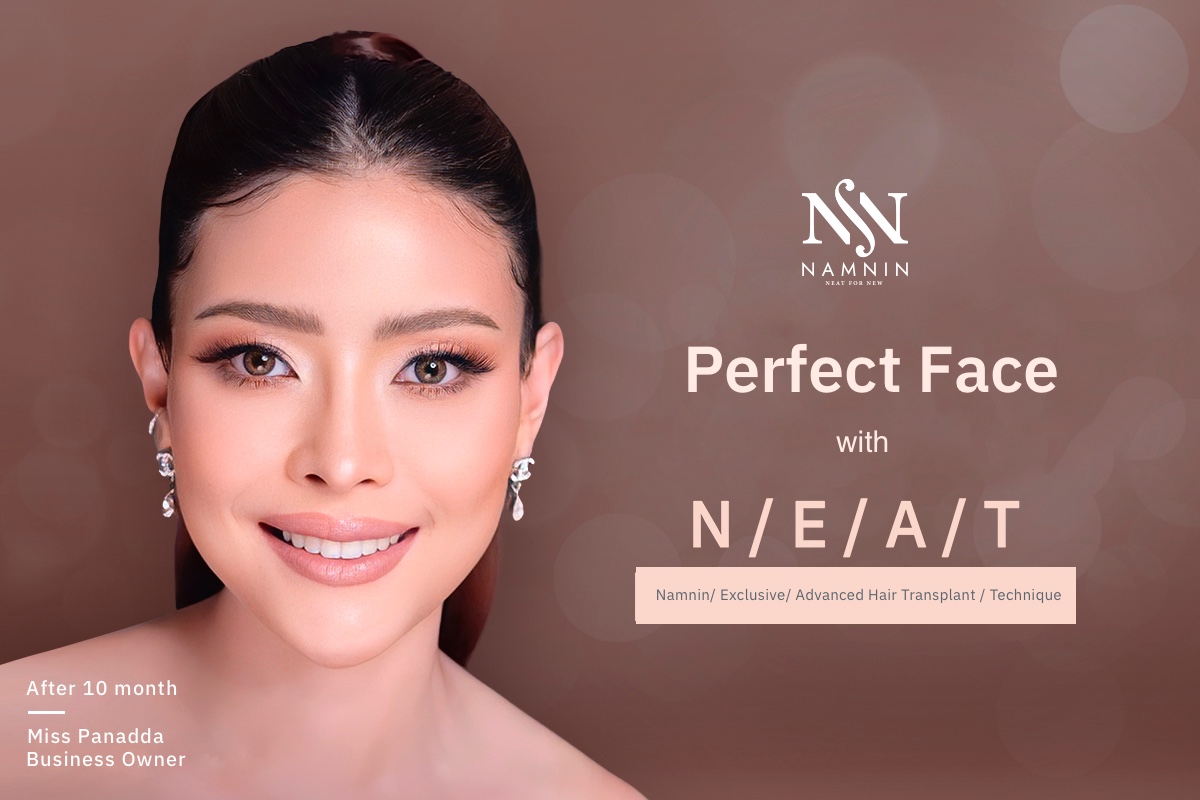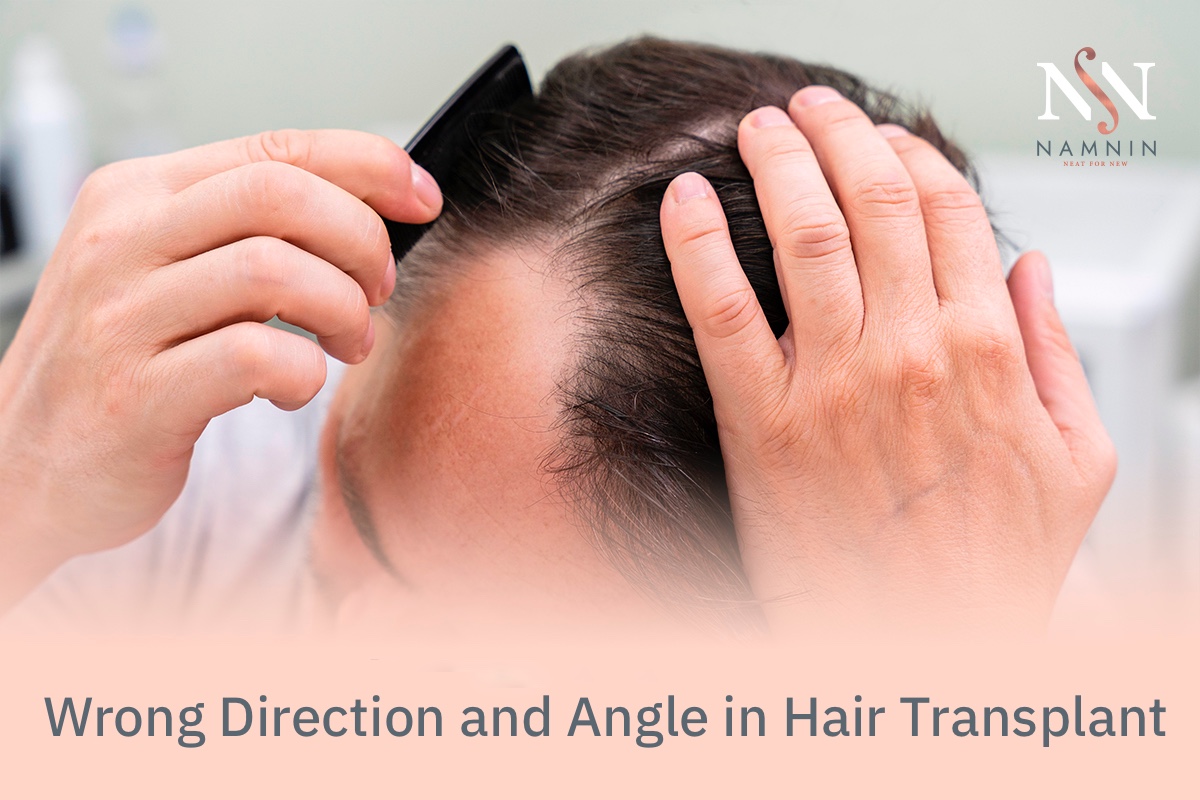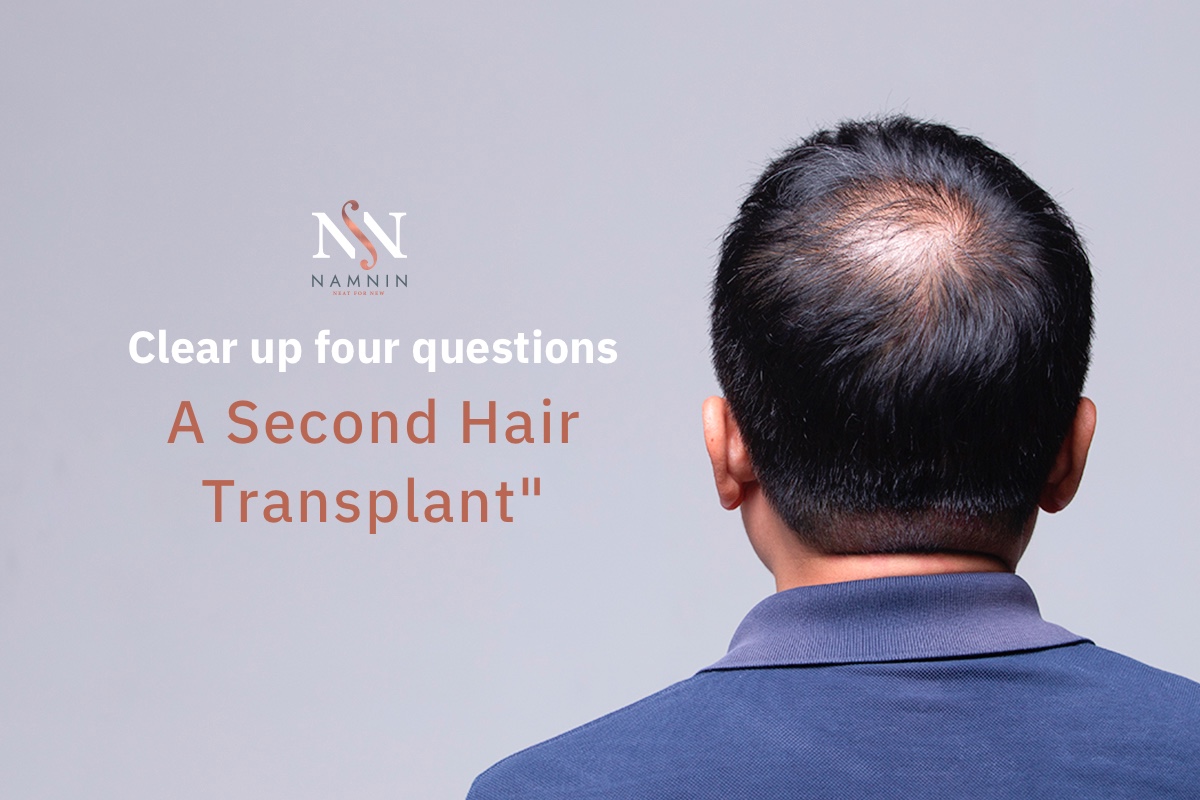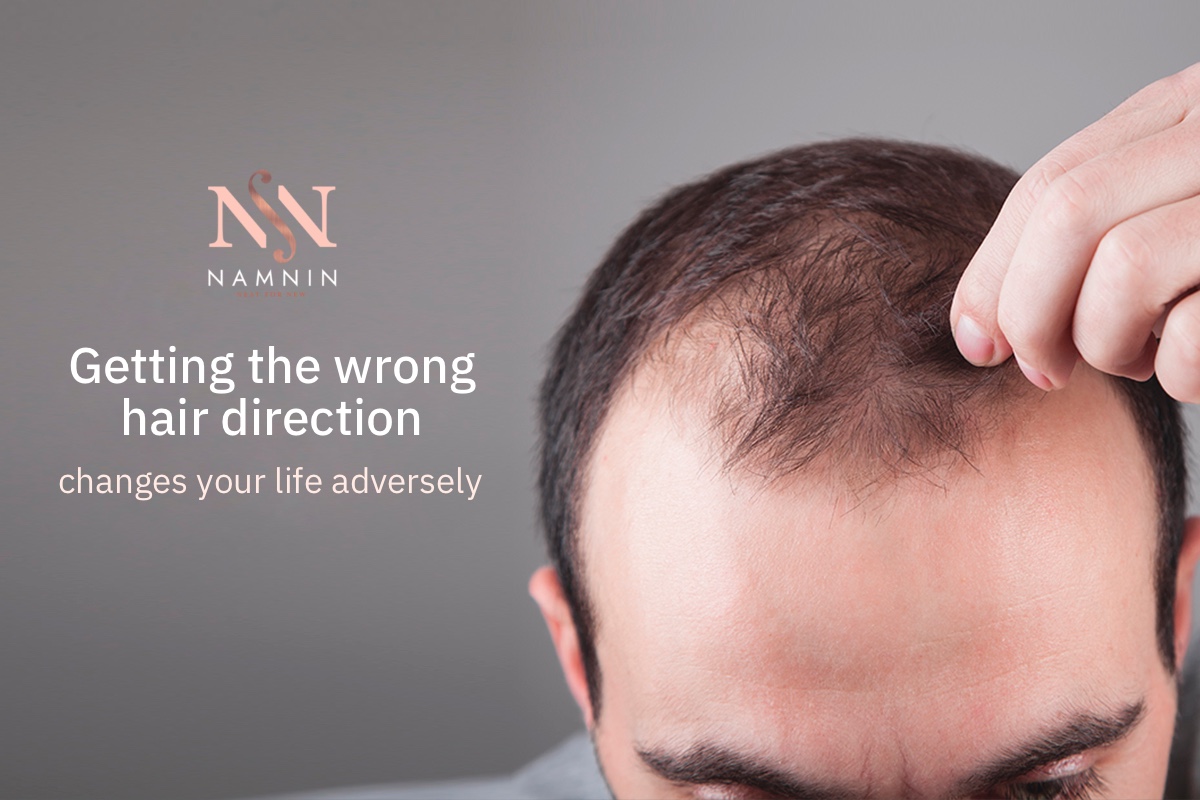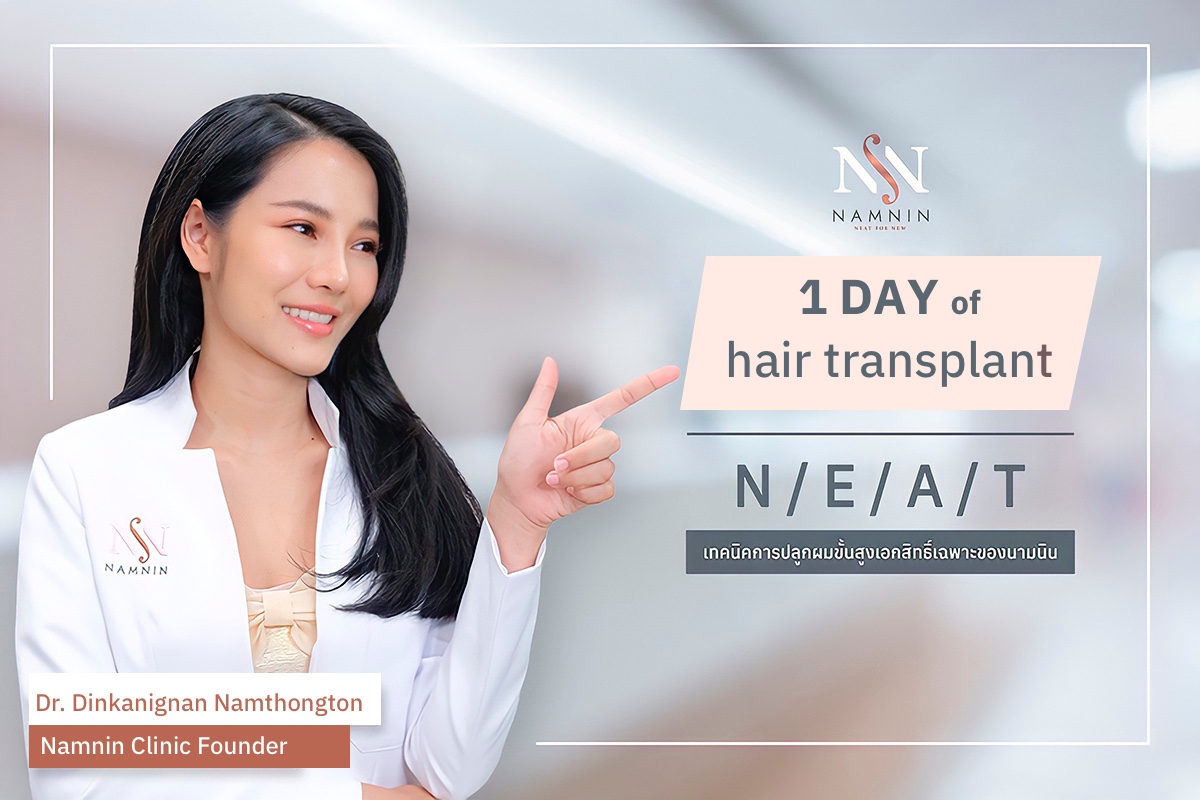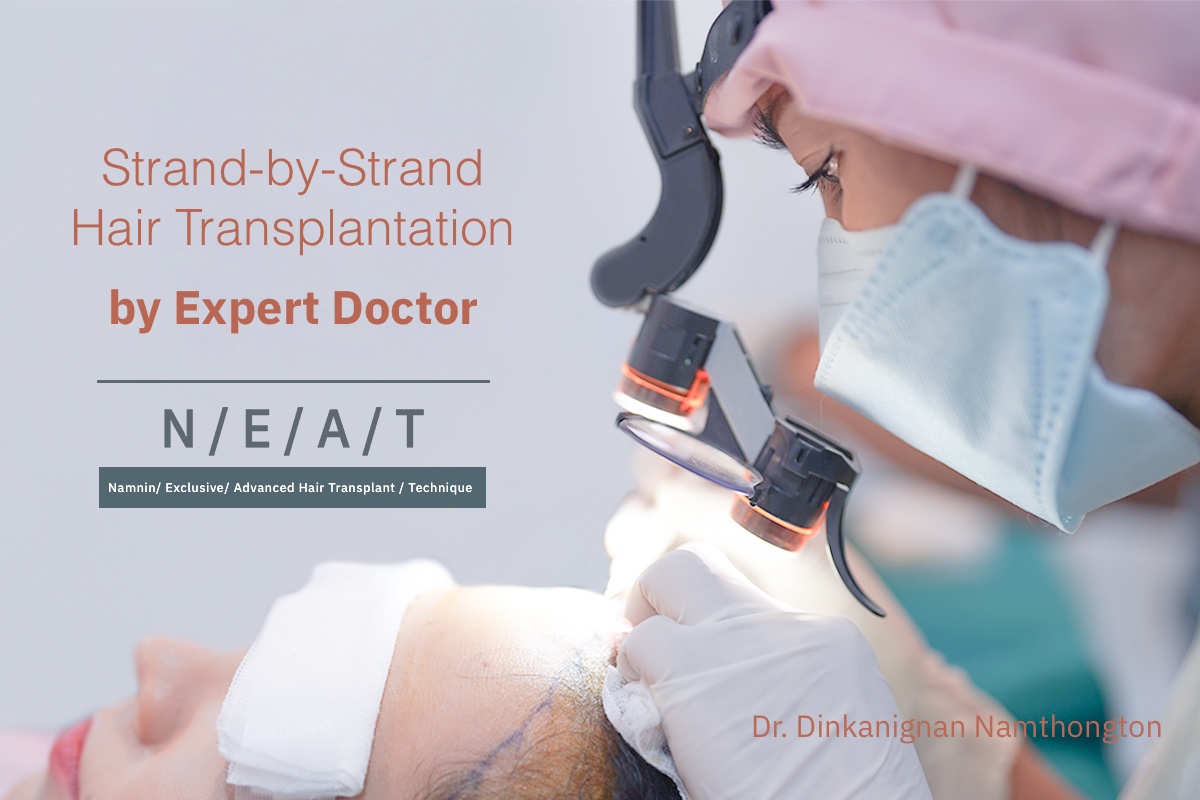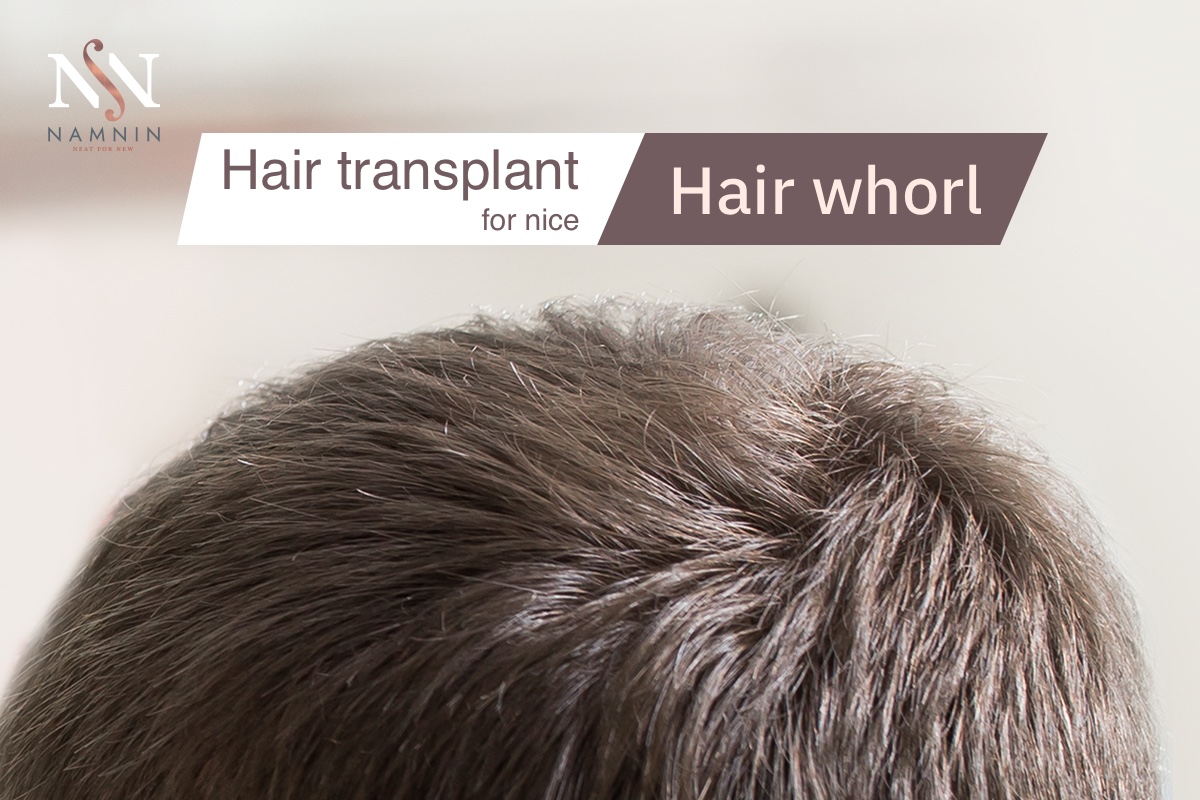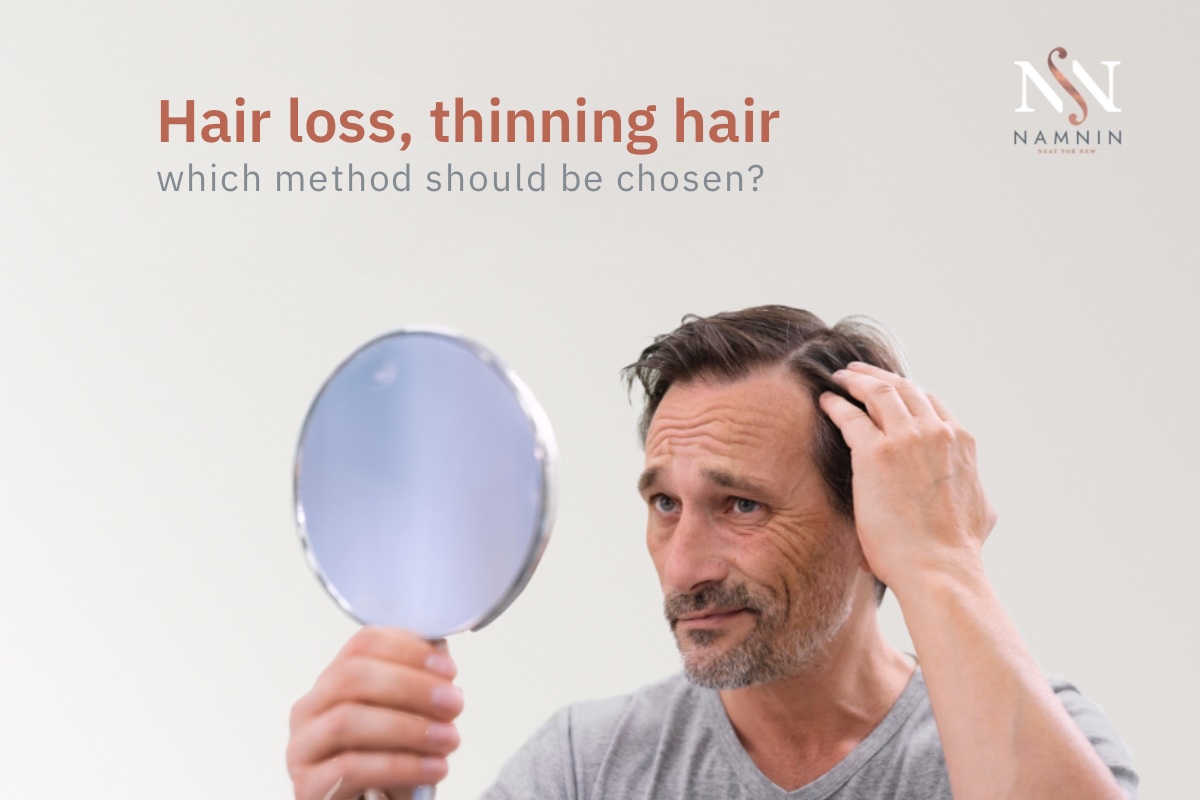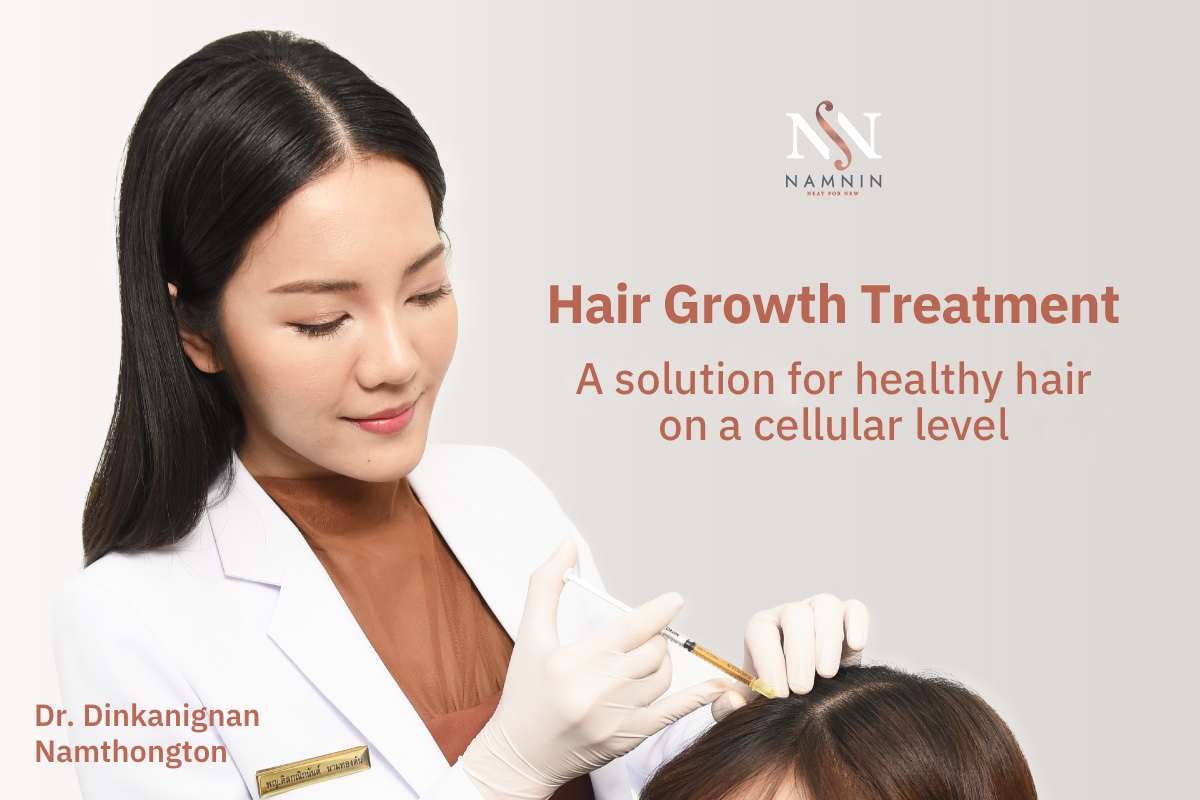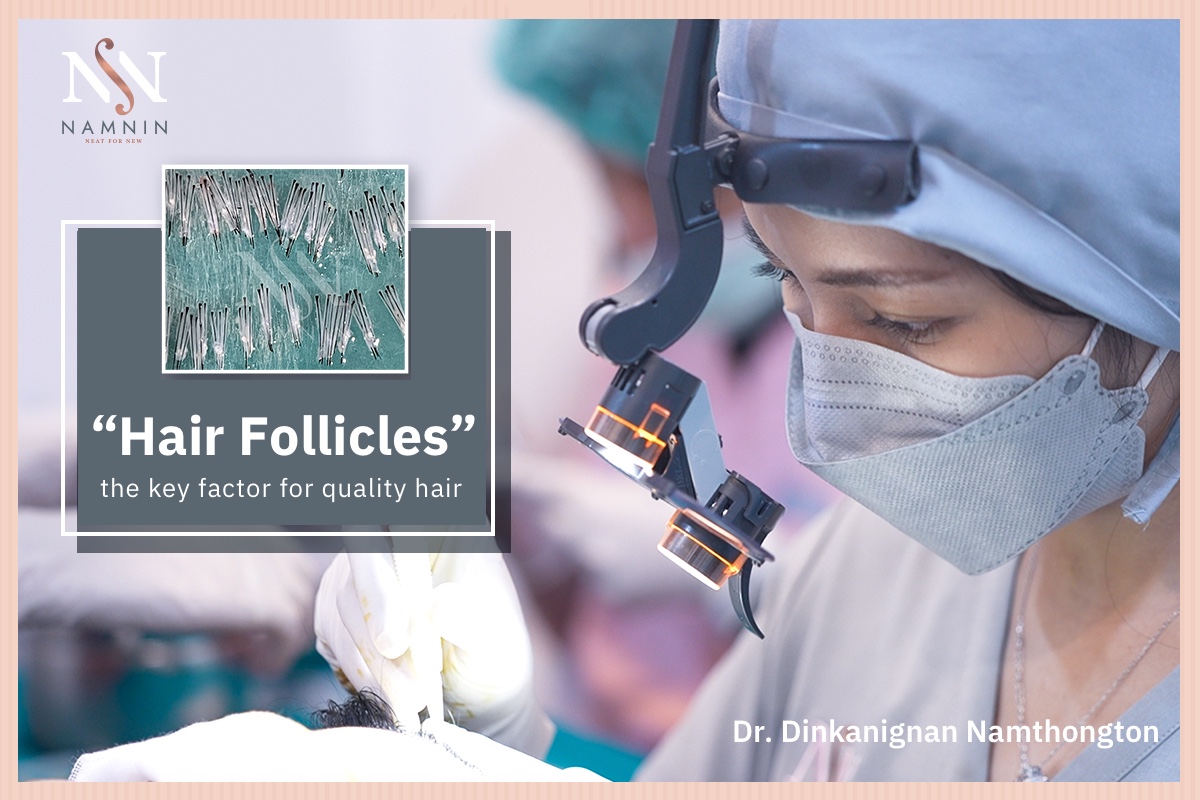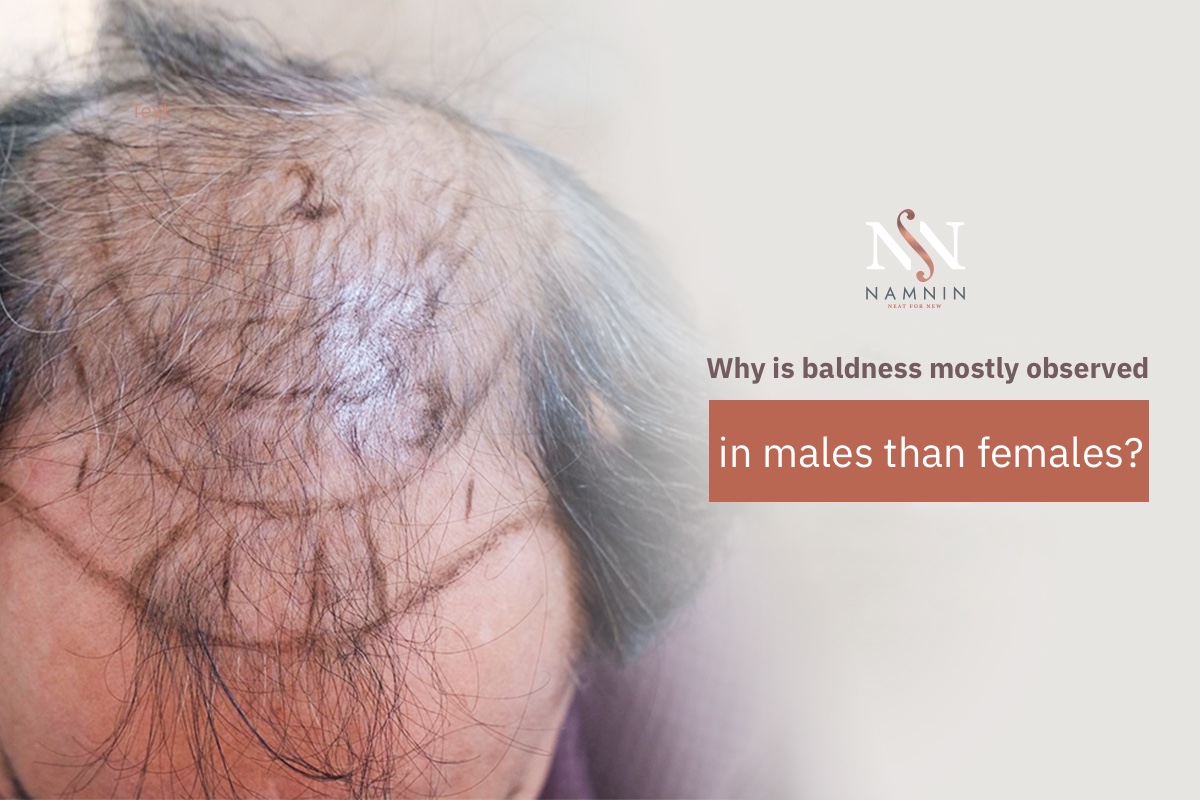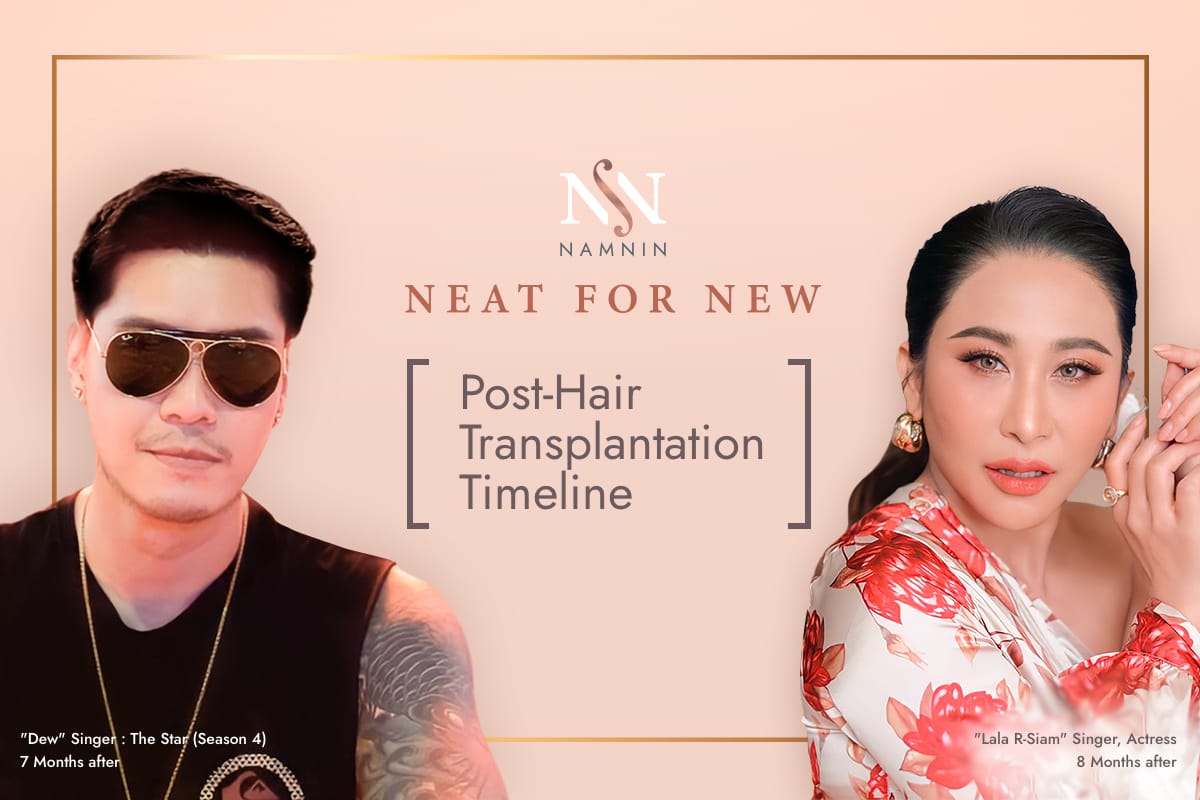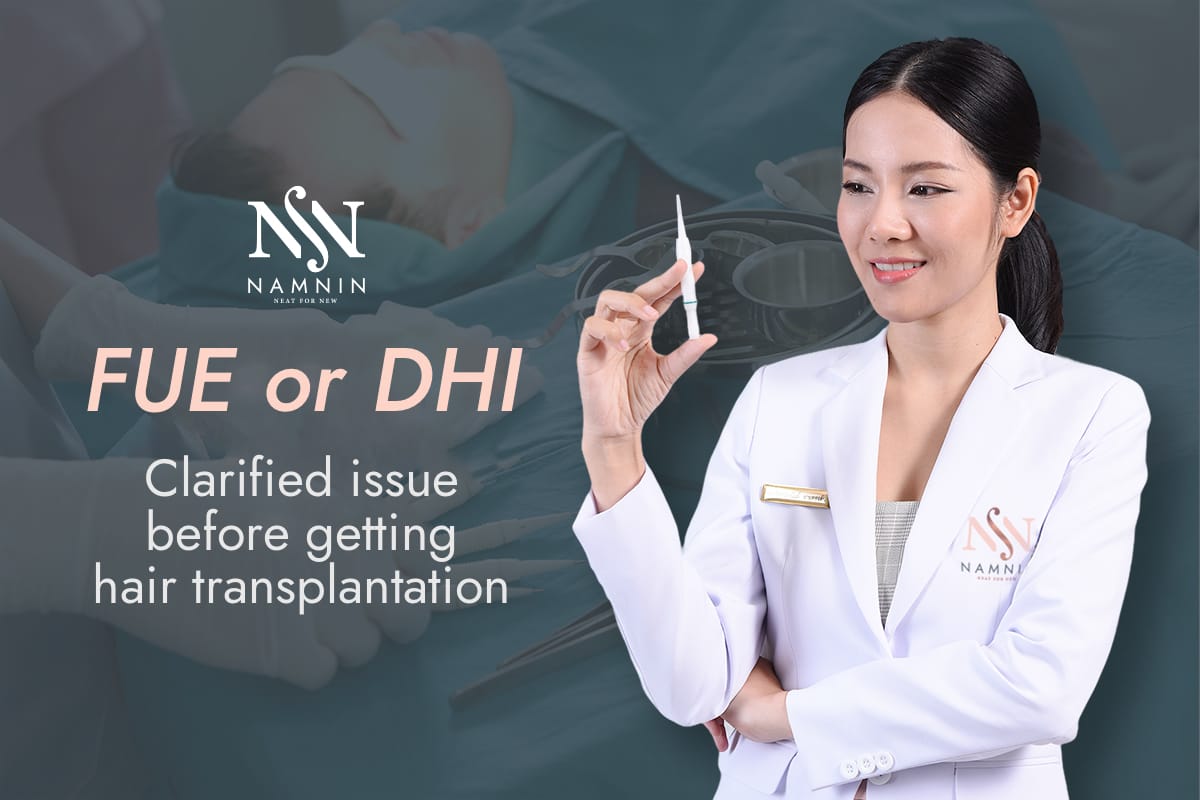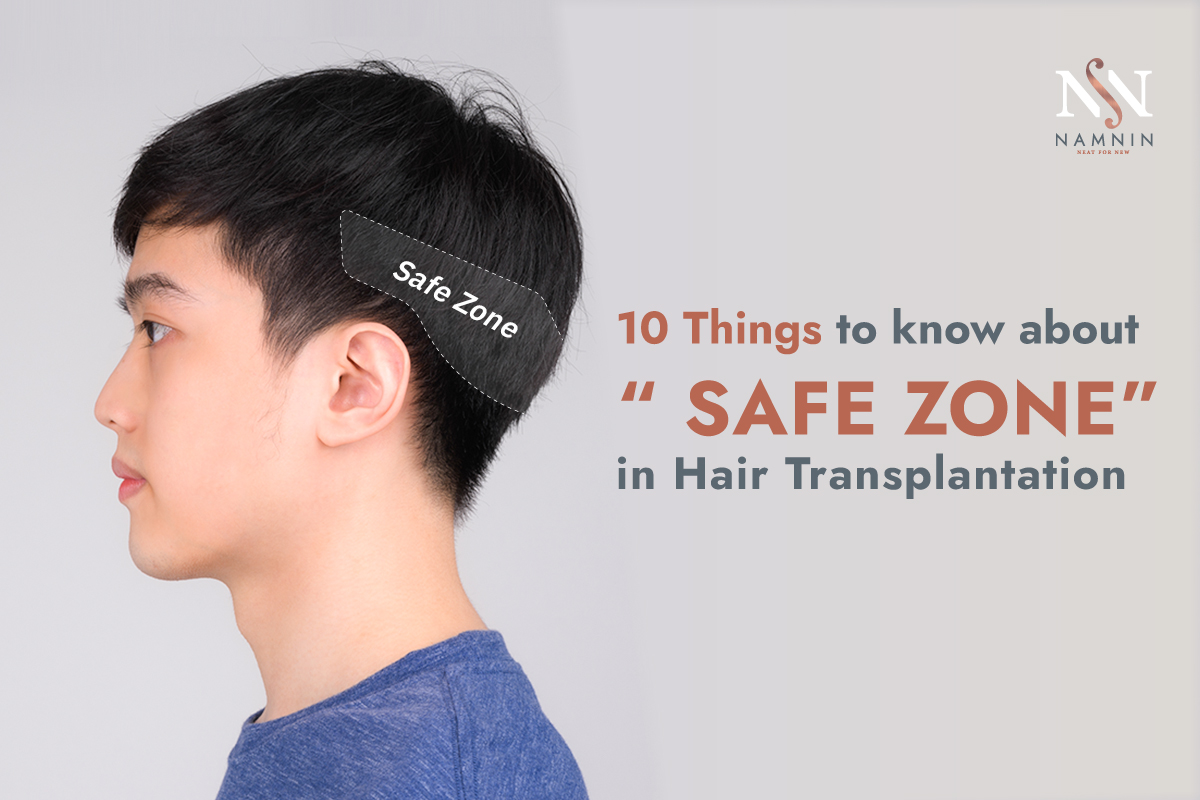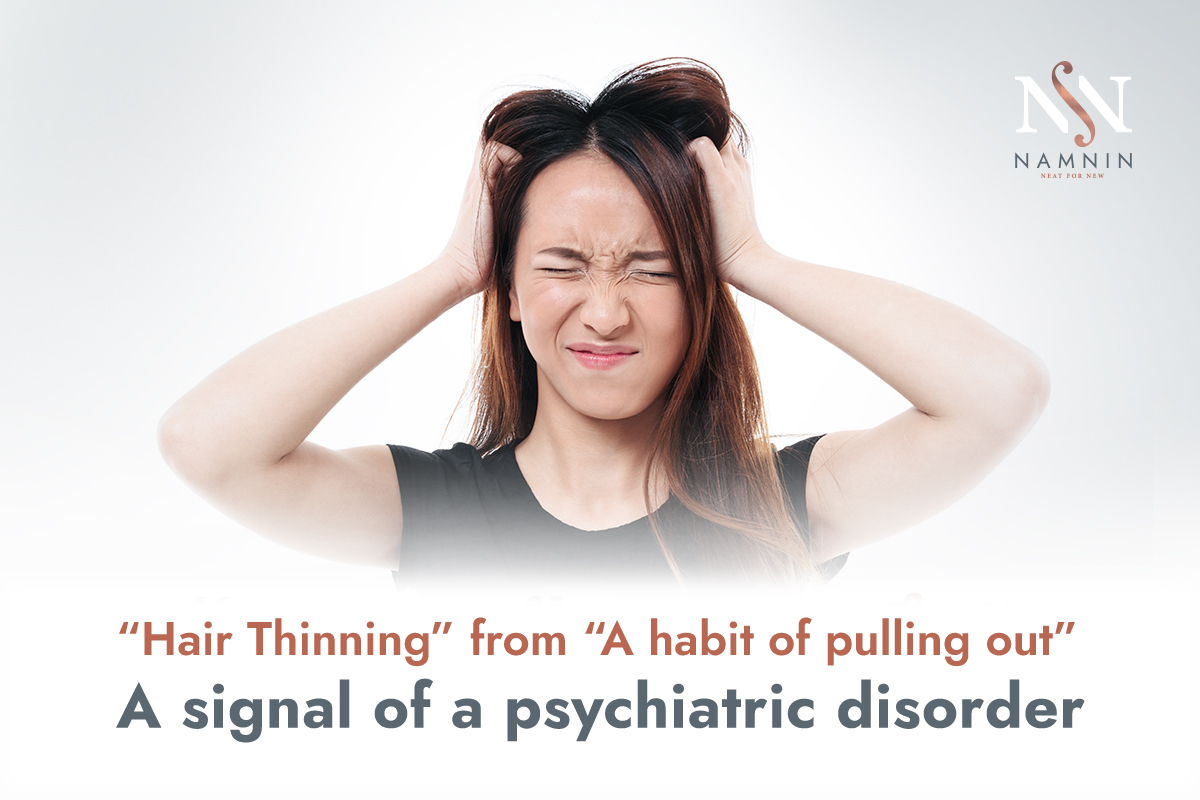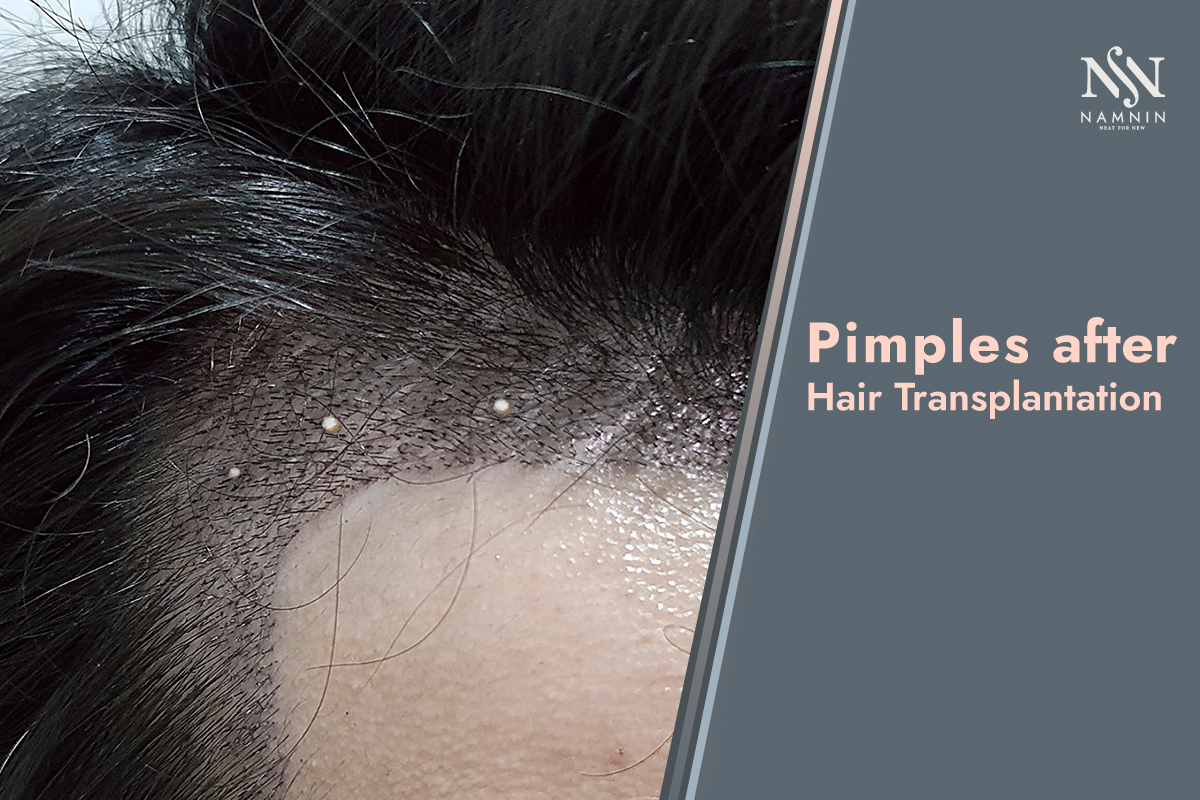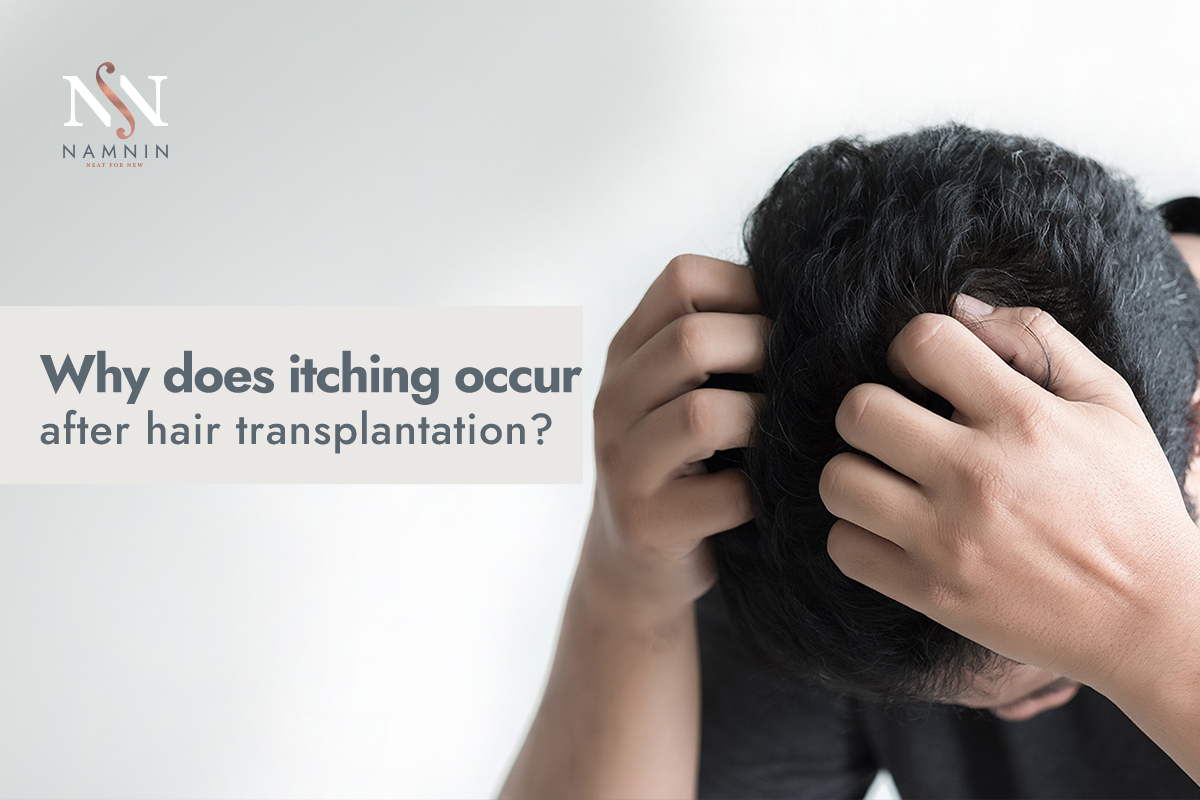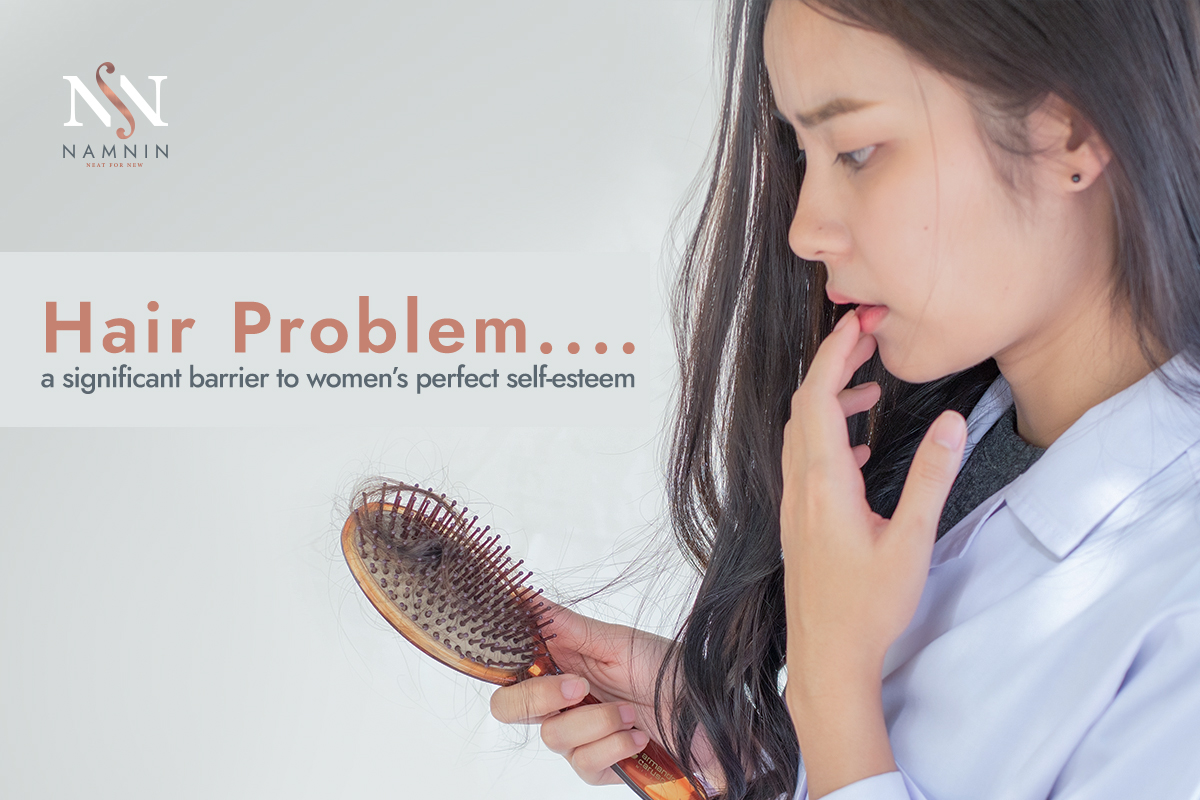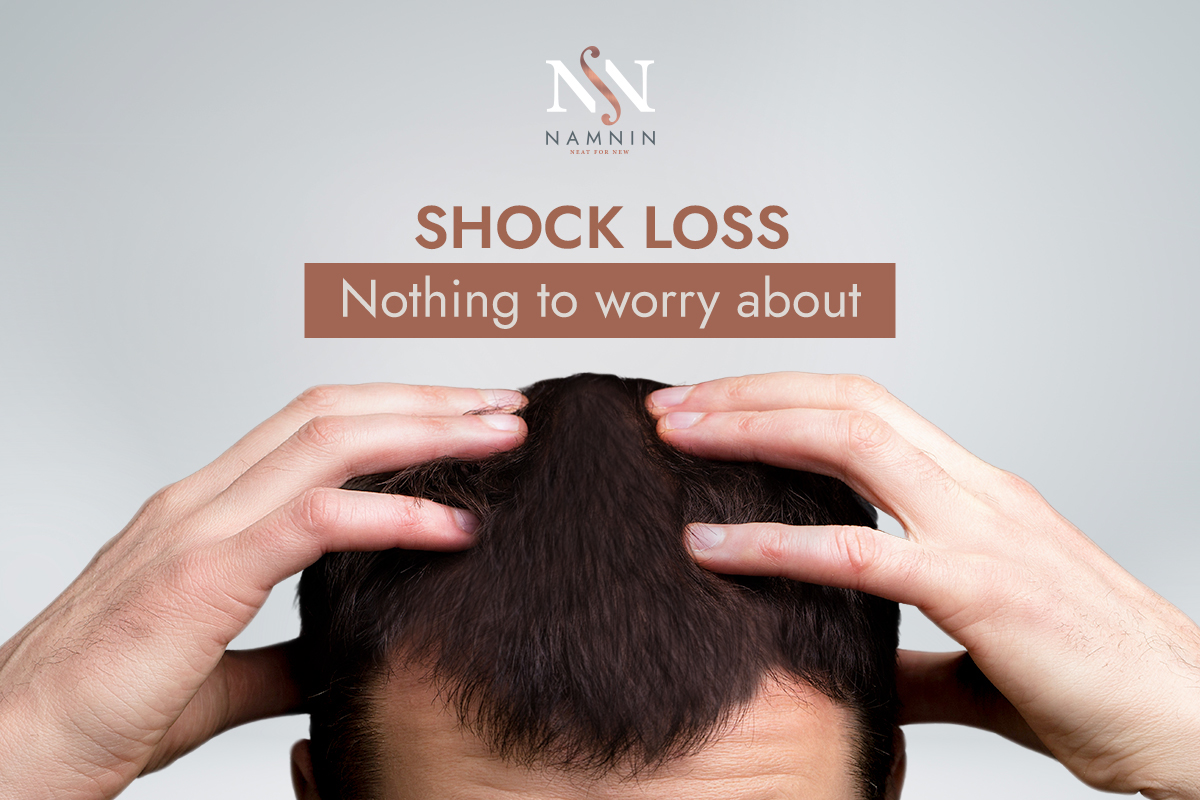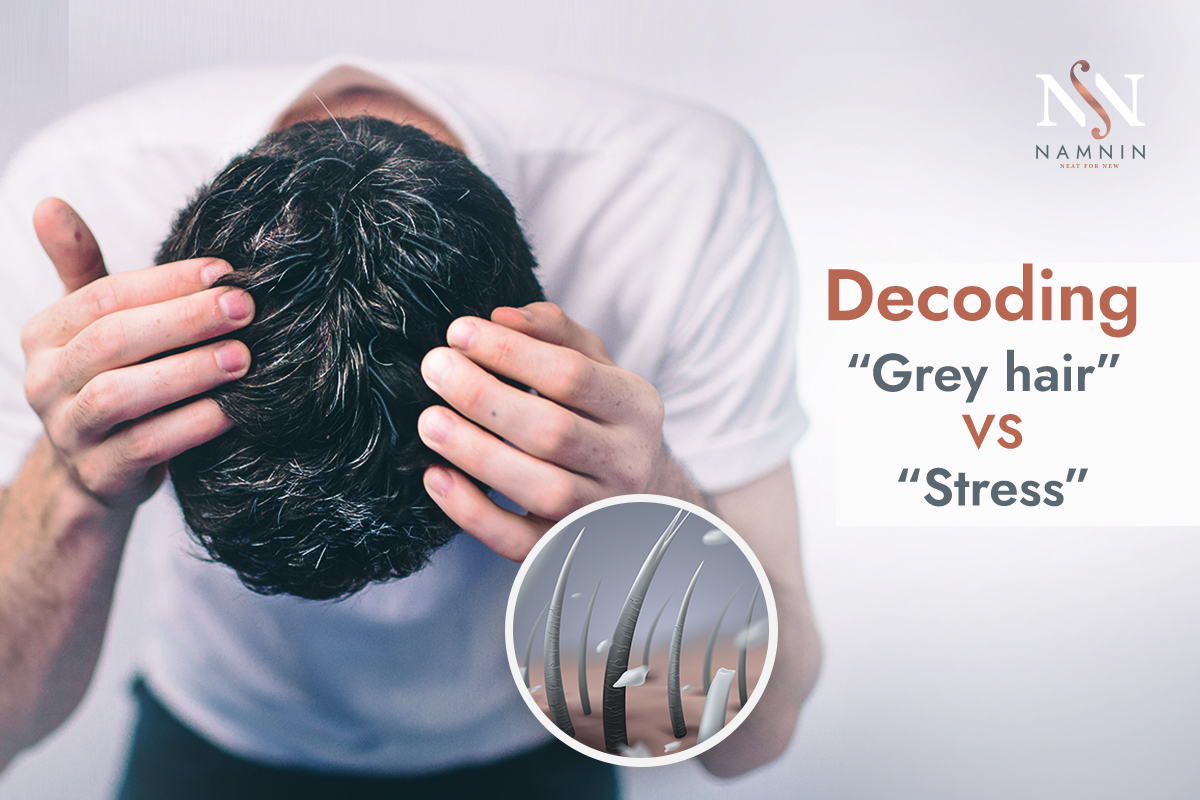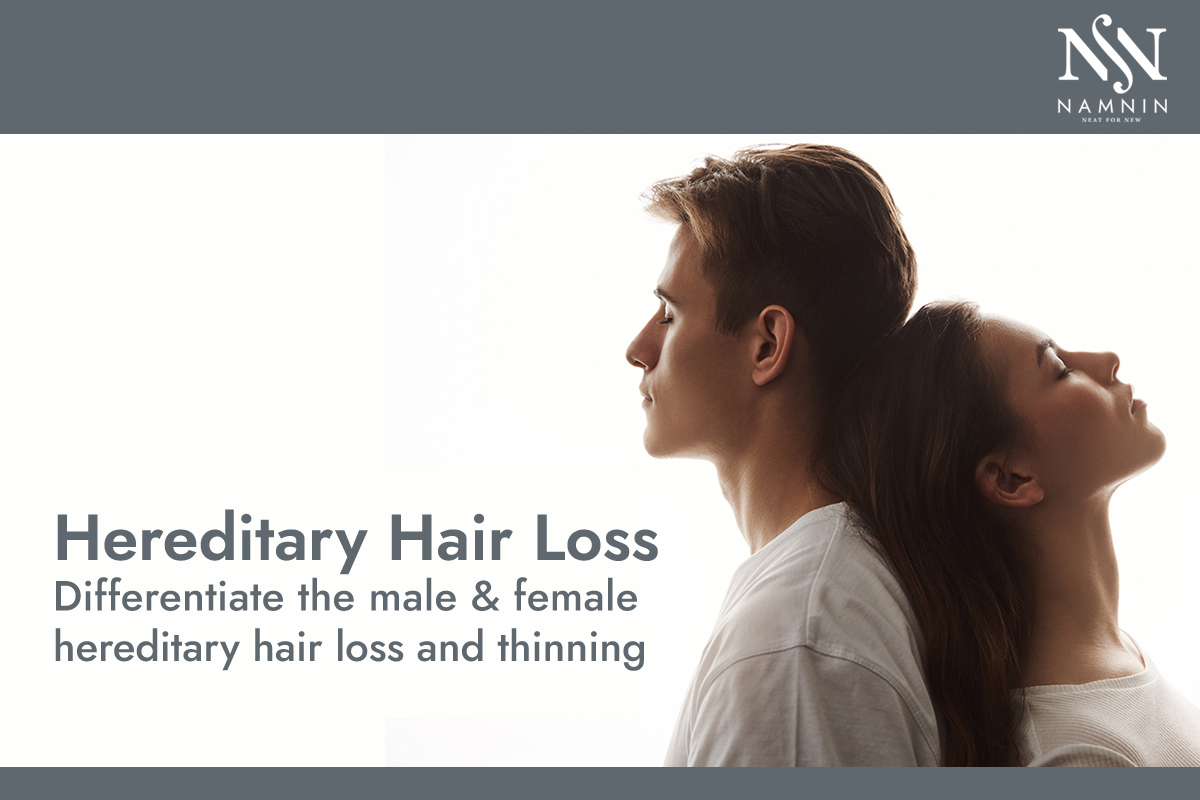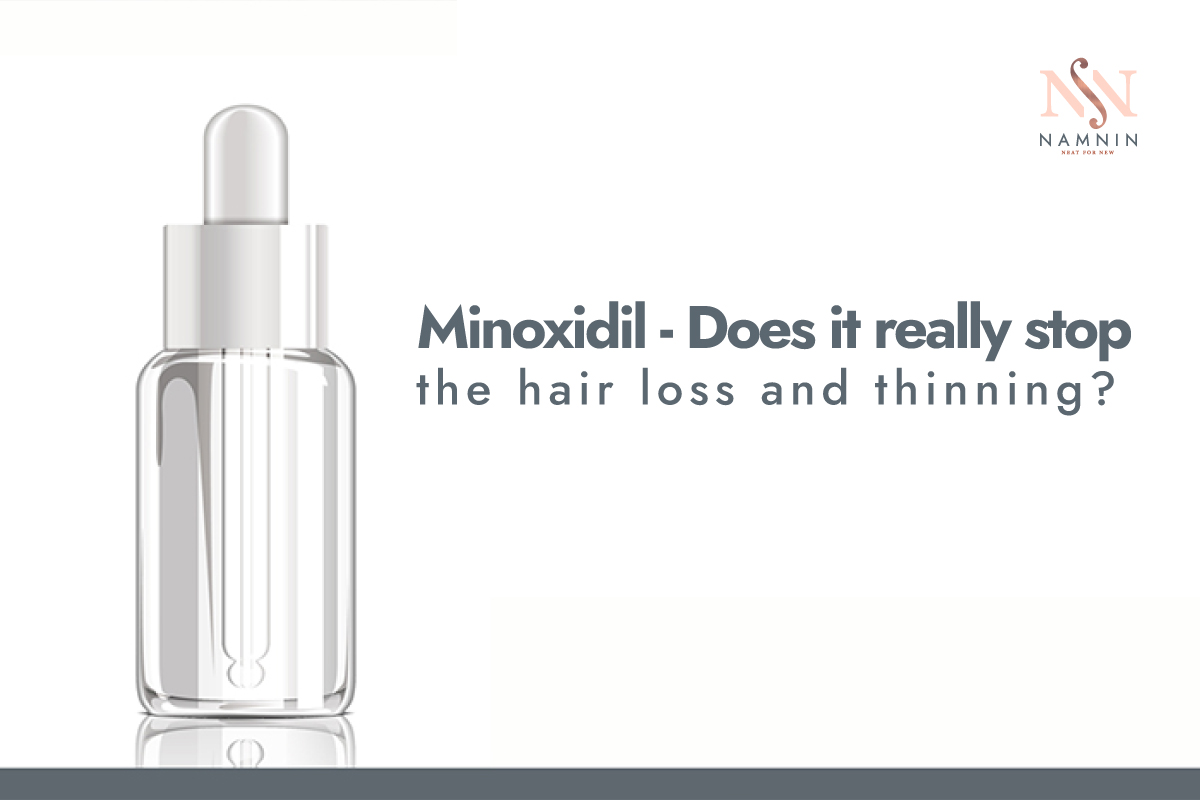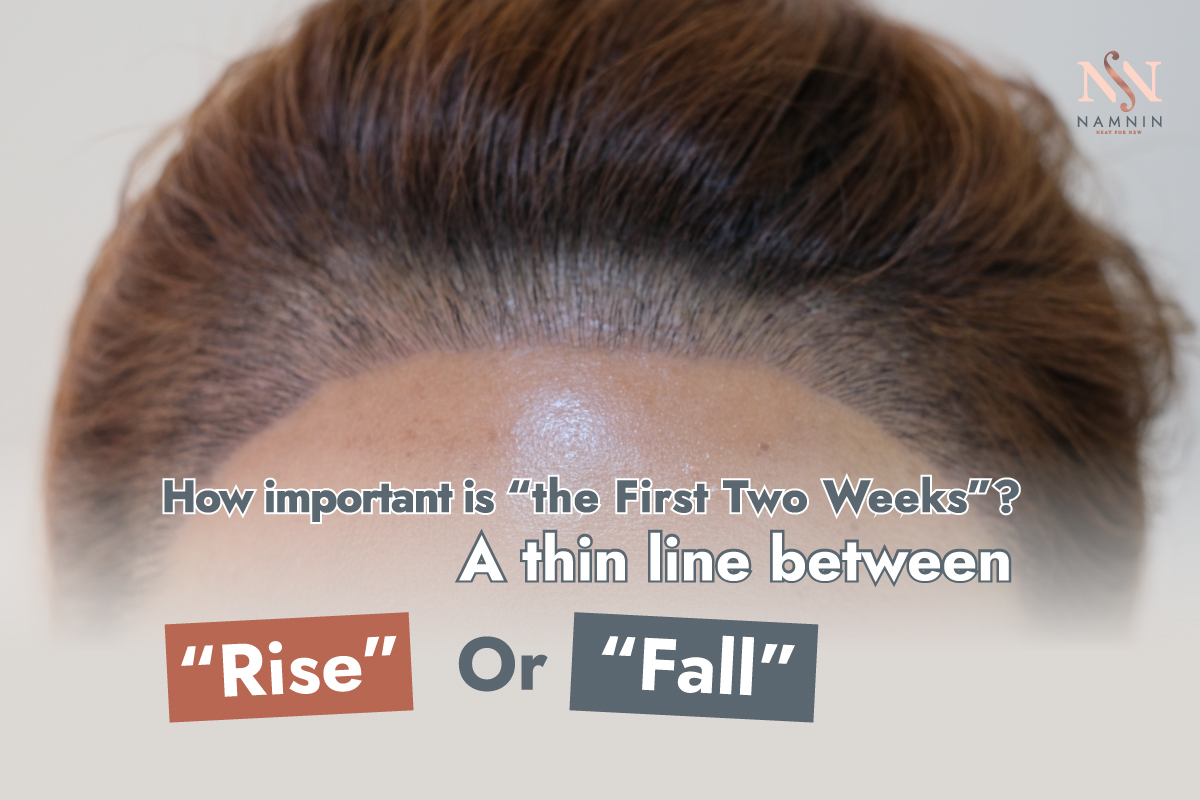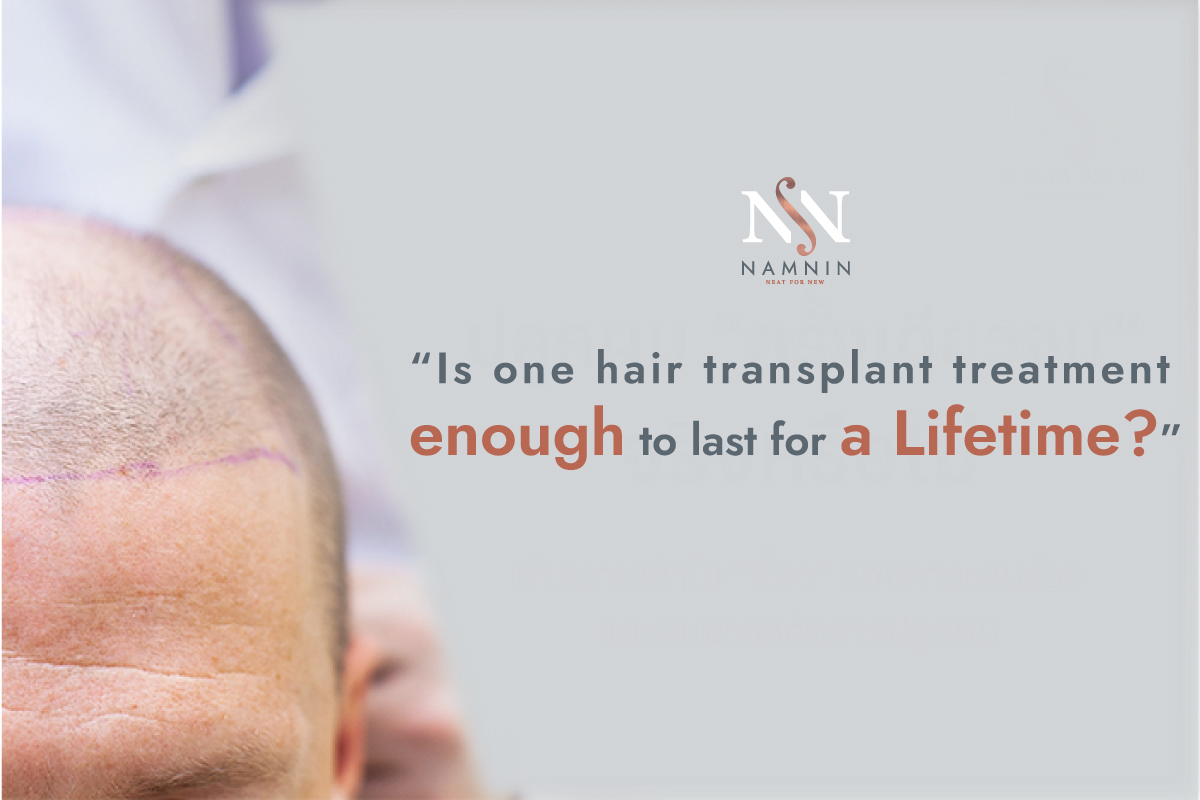A healthy scalp is the foundation of beautiful and strong hair. For women concerned about thinning hair, proper scalp care is the key to preventing and slowing down this issue. This article will provide tips on how to properly care for your scalp to prevent thinning hair in women.
1. Cleanse your scalp regularly
Maintaining a clean scalp is essential for preventing hair thinning.
1.1 Choose the Right Shampoo
- Use a gentle shampoo that suits your scalp type.
- Avoid shampoos containing sulfates, silicones, and parabens, as they can dry out and irritate the scalp.
- For those with dandruff, opt for shampoos containing antifungal ingredients like ketoconazole or pyrithione zinc.
1.2 Proper Hair Washing Technique
- Use lukewarm water, not hot, to avoid drying out the scalp.
- Gently massage the shampoo into your scalp with your fingertips, not your nails.
- Rinse thoroughly to ensure no shampoo residue remains on the scalp.
1.3 Shampooing Frequency
- Wash your hair daily or every other day, depending on your scalp and hair type.
- If you have an oily scalp, you may need to wash more frequently, but avoid over-washing to prevent drying out the scalp.
2. Scalp Care and Nourishment
In addition to cleanliness, scalp nourishment is equally important.
2.1 Scalp Massage
- Gently massage the scalp for 5-10 minutes daily to stimulate blood circulation.
- Use the fingertips to make small circular motions across the scalp.
- You can incorporate hair oils such as coconut oil, argan oil, or jojoba oil for better nourishment during the massage.
2.2 Scalp Treatment
- Use a scalp treatment 1-2 times a week.
- Choose products containing natural extracts such as aloe vera, green tea, or rosemary.
- Apply the treatment evenly across the scalp, massage gently, and leave it on for the recommended time as indicated on the label.
3. Protecting the Scalp from External Factors
External factors can adversely affect the health of your scalp and hair.
3.1 Sun Protection
- Wear a hat or use an umbrella when exposed to sunlight for extended periods.
- Use hair protection products with SPF to shield your scalp from harmful UV rays.
3.2 Heat Protection
- Minimize the use of blow dryers, flat irons, or curling irons.
- If heat styling is necessary, use a low heat setting and apply a heat protectant beforehand.
3.3 Avoid Tight Hairstyles
- Avoid tight hairstyles that exert stress on the hair roots.
- Rotate the position of ponytails or buns to prevent repetitive tension in the same area.
- Use fabric hair ties or non-metal alternatives to reduce pulling and minimize hair breakage.
4. Nutrition for a Healthy Scalp
Your diet directly impacts the health of your scalp and hair.
4.1 Protein
- Consume high-quality proteins to build keratin, the primary component of hair.
- Good sources include eggs, fish, lean meats, legumes, and tofu.
4.2 Vitamins and Minerals
- Include foods rich in B vitamins, especially biotin, such as eggs, nuts, and whole grains.
- Incorporate foods high in iron, zinc, and vitamin C to promote blood circulation and collagen production.
4.3 Hydration
- Drink at least 8 glasses of water daily to maintain hydration for both your body and scalp.
5. Stress Management
Stress is a major contributor to hair thinning and hair loss.
5.1 Relaxation Techniques
- Practice meditation or yoga regularly.
- Use deep-breathing exercises to manage stress when it arises.
5.2 Regular Exercise
- Engage in at least 30 minutes of physical activity daily to reduce stress and boost blood circulation.
5.3 Adequate Sleep
- Aim for 7-9 hours of sleep per night.
- Maintain a consistent sleep schedule, even on weekends.
6. Regular Health Check-Ups
Routine health check-ups can identify and address underlying issues affecting scalp and hair health.
6.1 Hormonal Assessment
- Monitor thyroid and sex hormone levels, particularly post-menopause.
6.2 Nutritional Deficiency Tests
- Check for deficiencies in iron, vitamin D, and vitamin B12, as these can impact hair health.
6.3 Consult Specialists
- Seek advice from dermatologists or trichologists if you notice unusual changes in your scalp or hair for early diagnosis and treatment.
Conclusion
Proper scalp care is essential for preventing hair thinning in women. Regular cleansing, nourishing the scalp, protecting against external factors, maintaining a nutritious diet, managing stress, and scheduling routine health check-ups are all crucial to scalp and hair health. Consistent care will lead to strong, beautiful hair and reduce the risk of long-term hair thinning.
